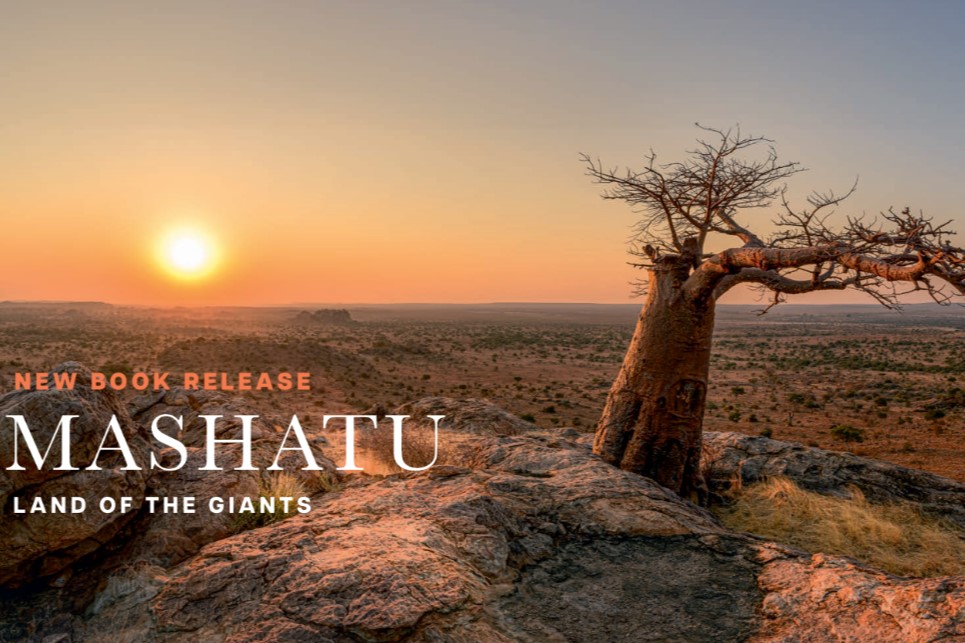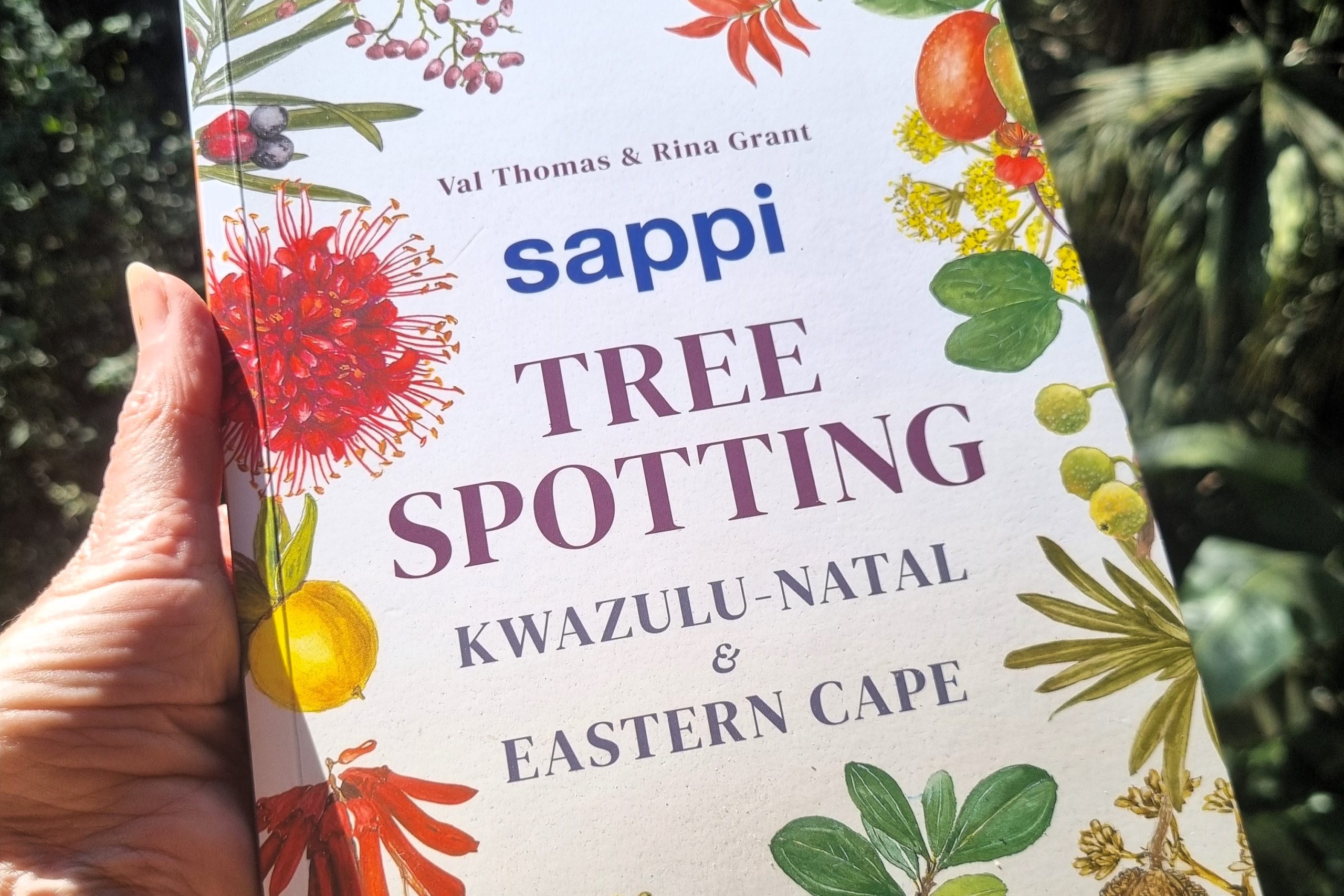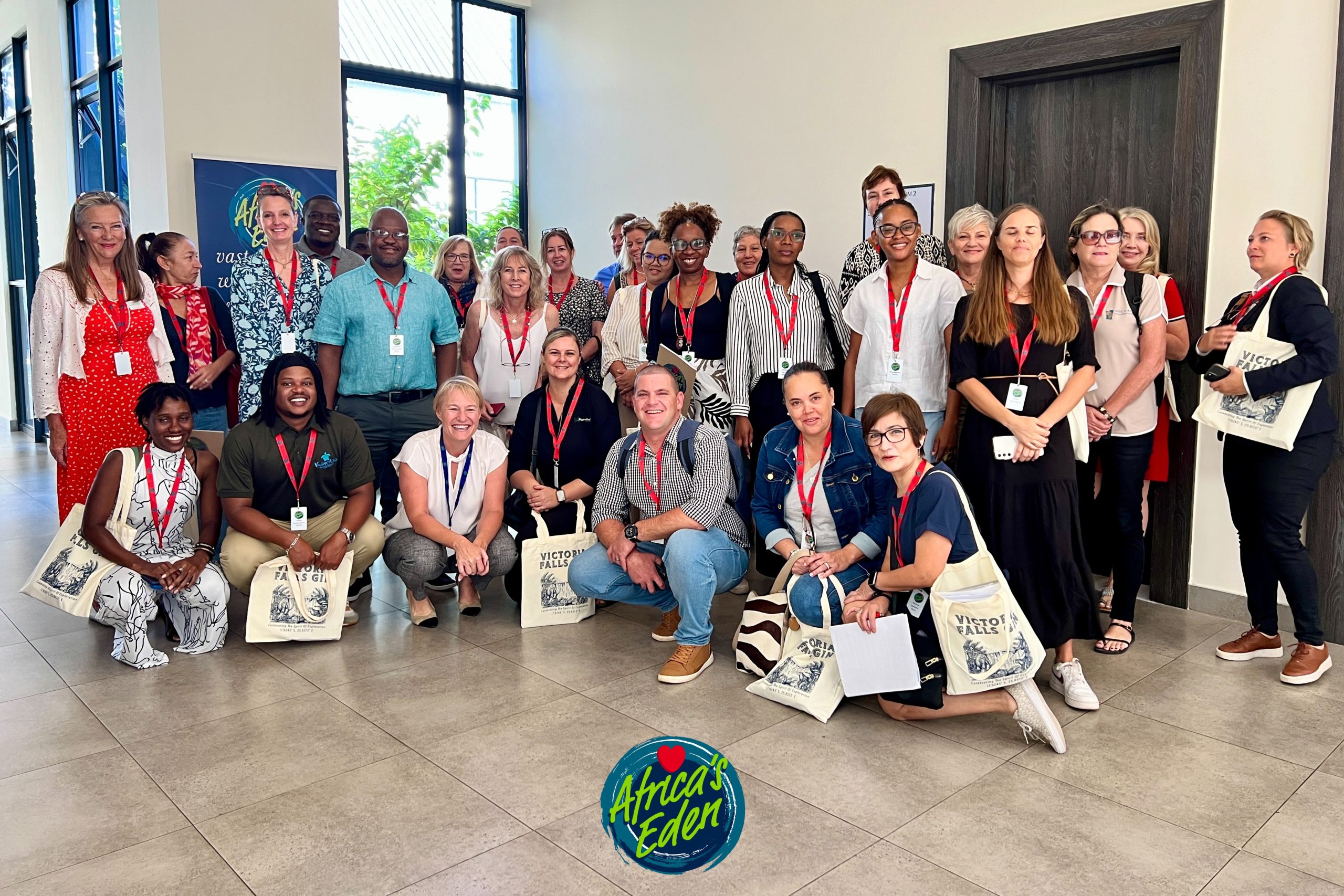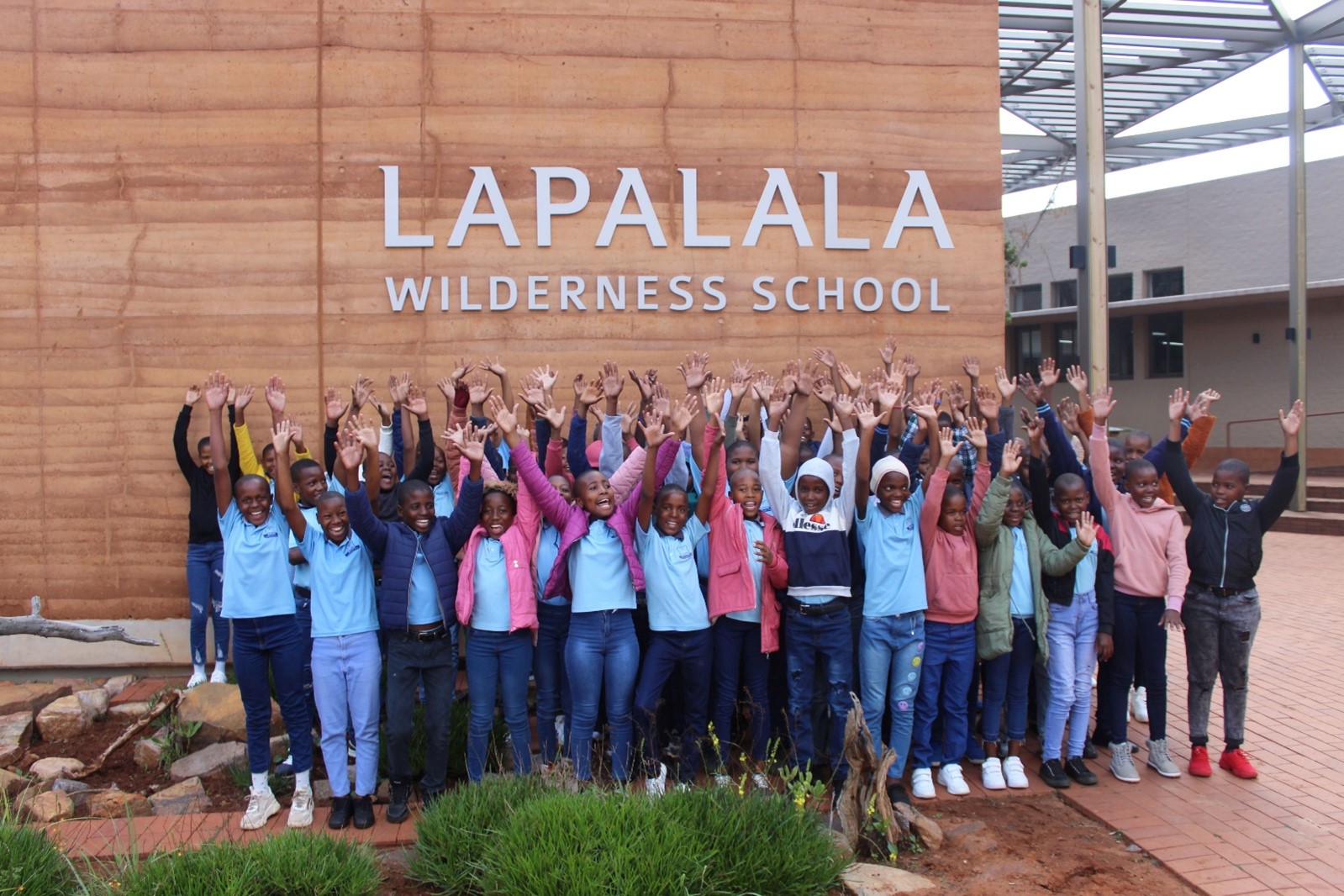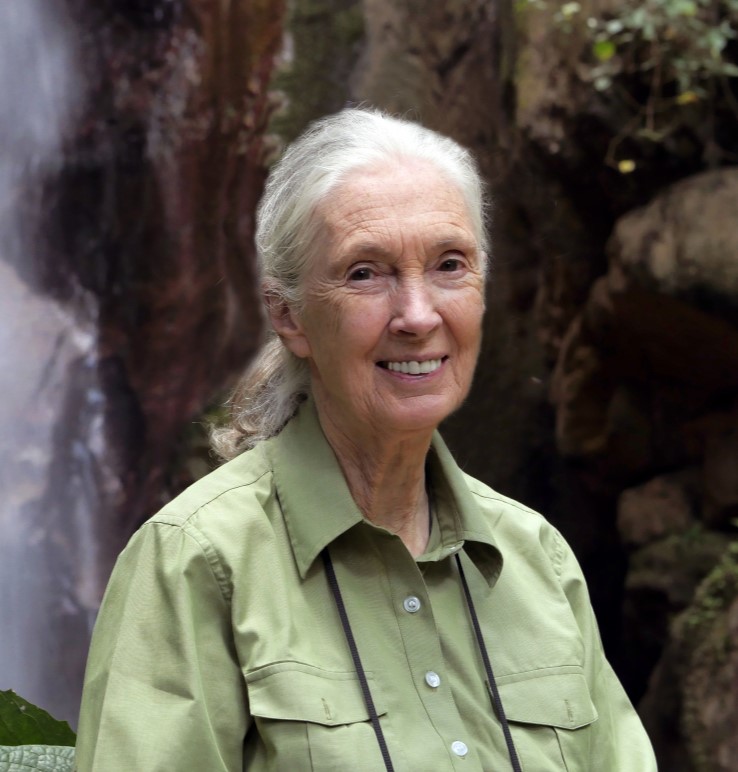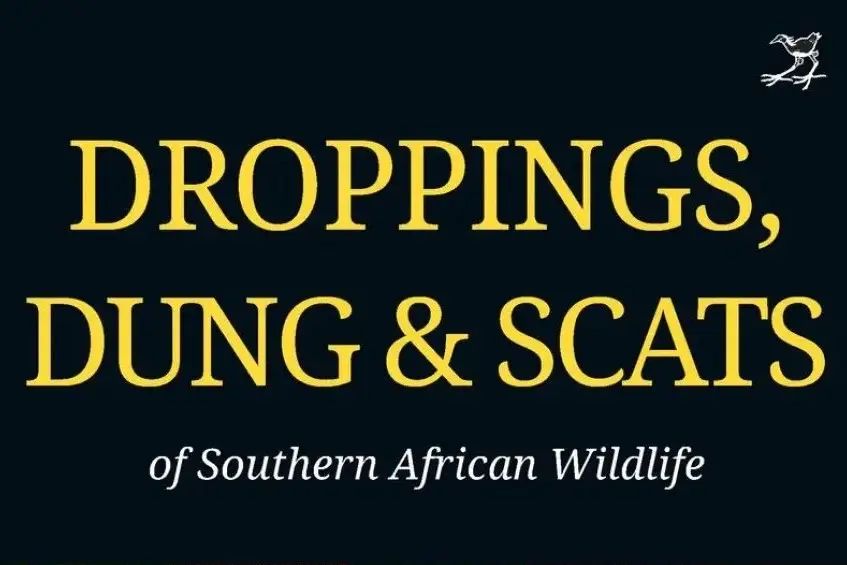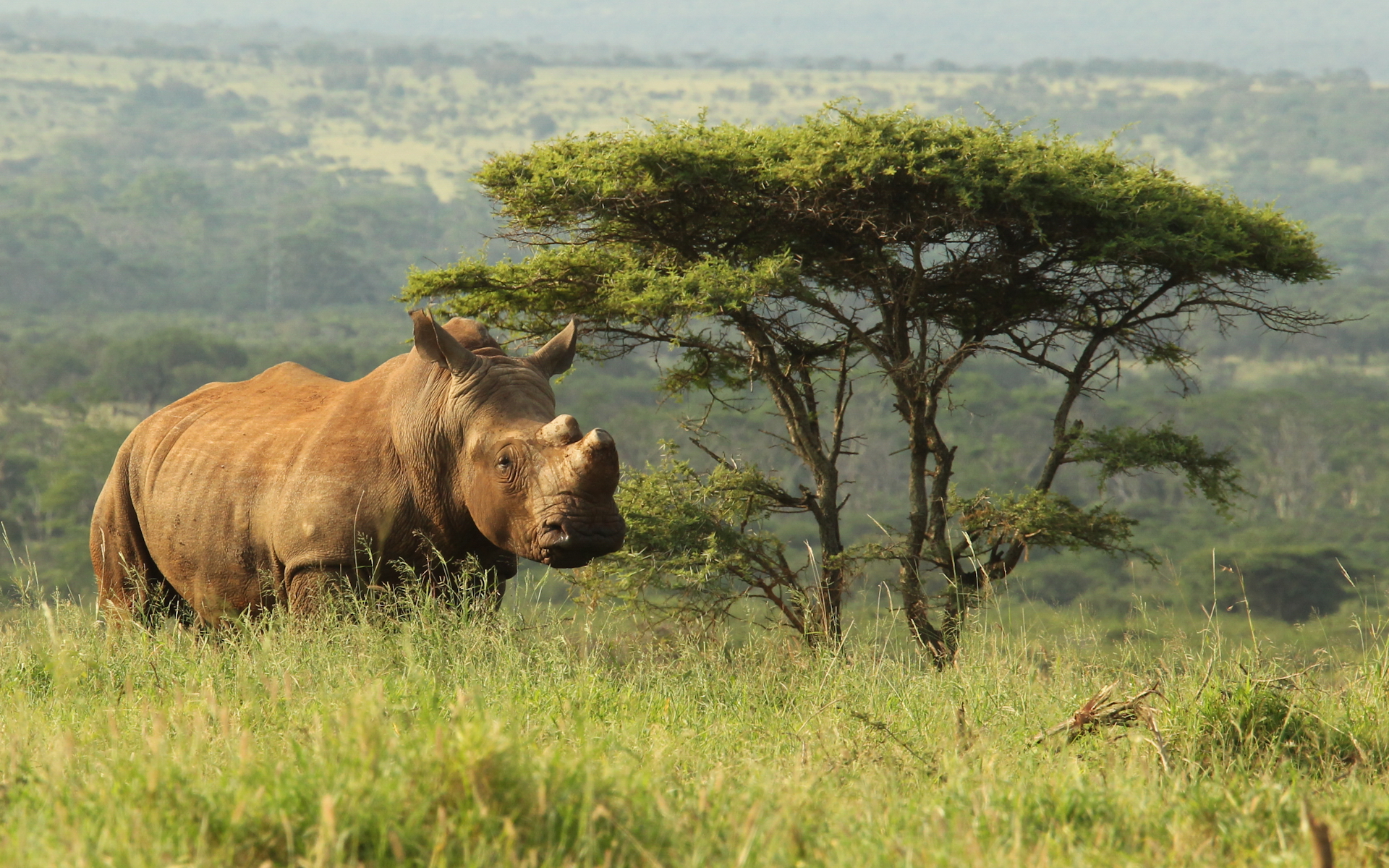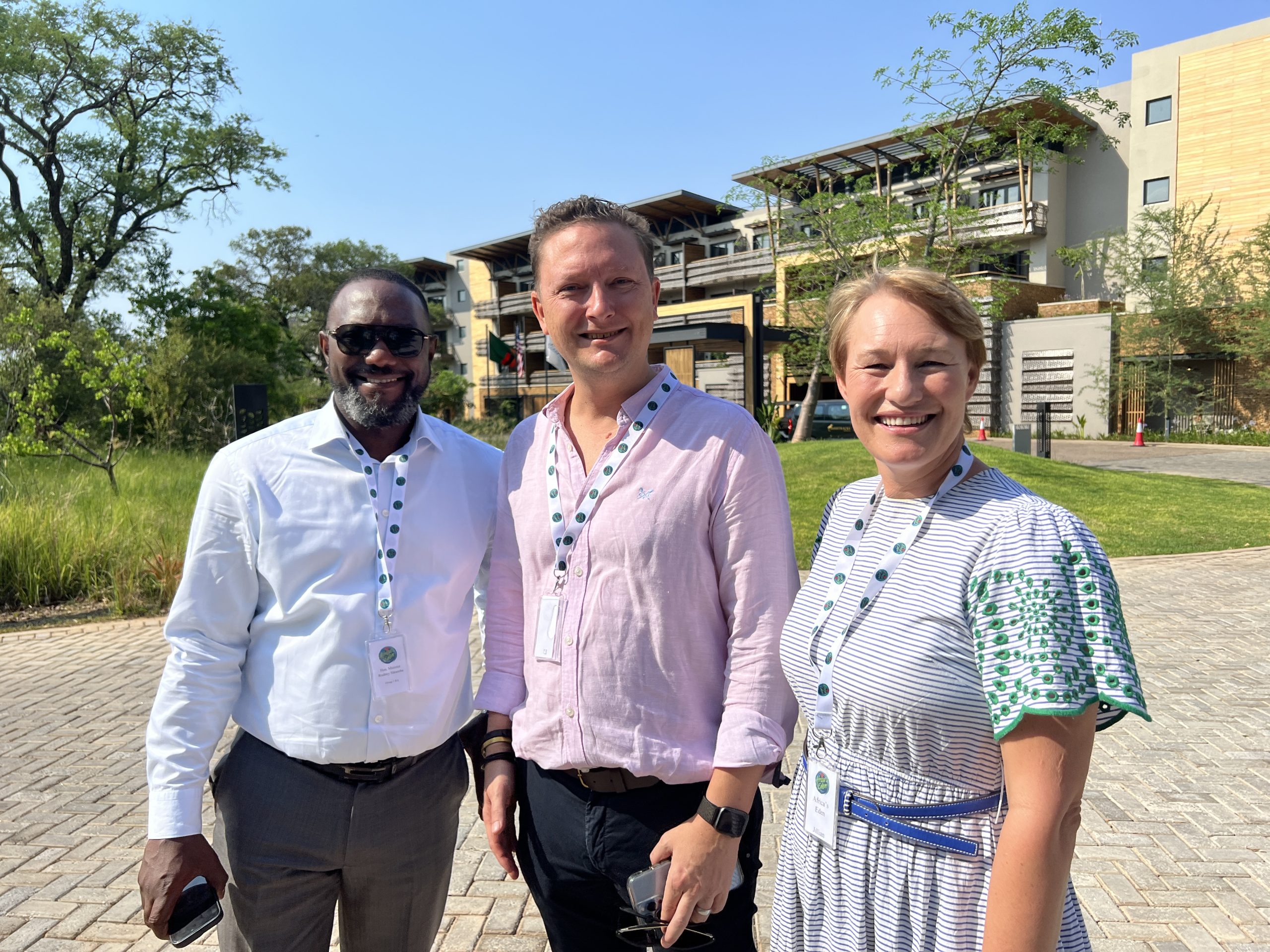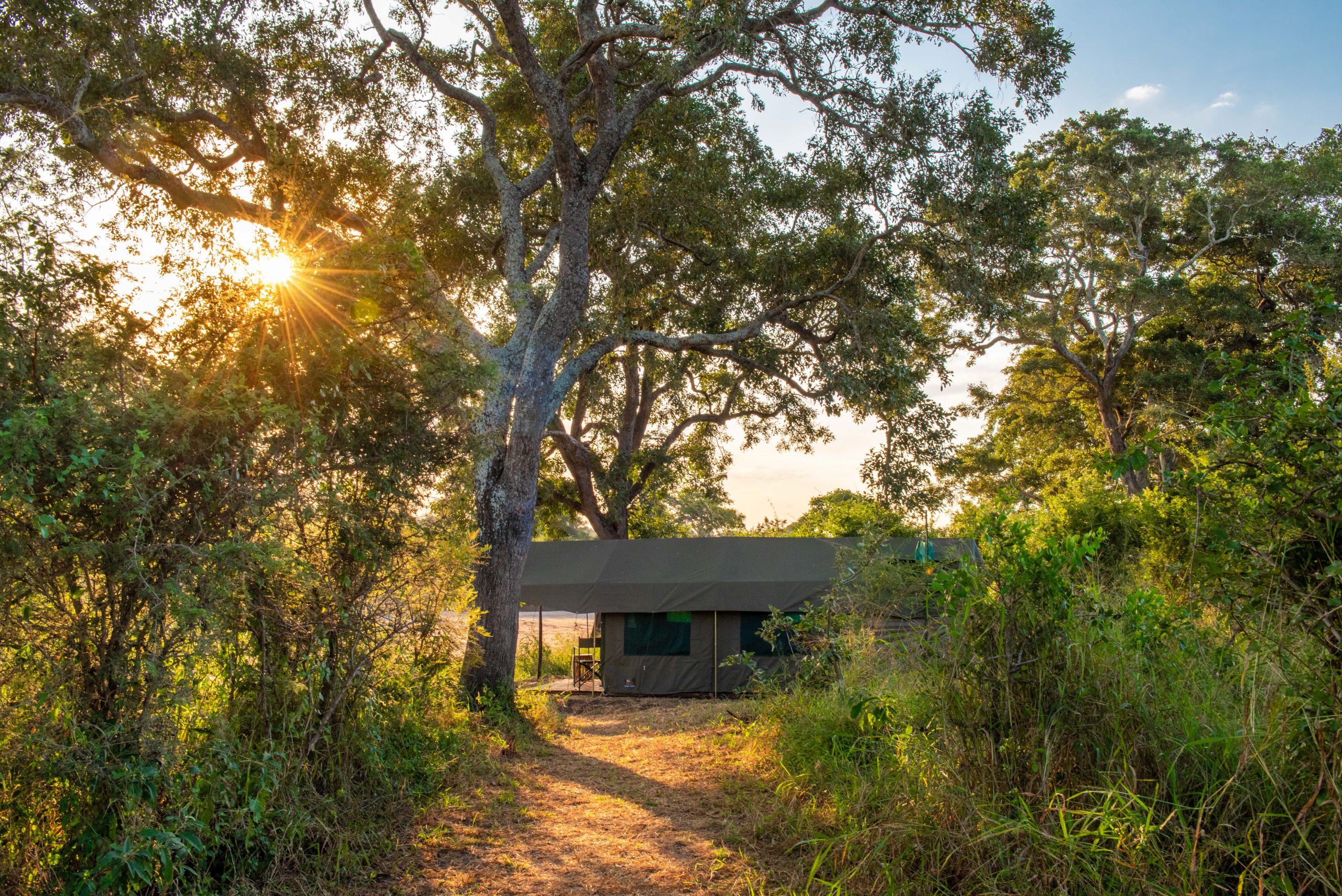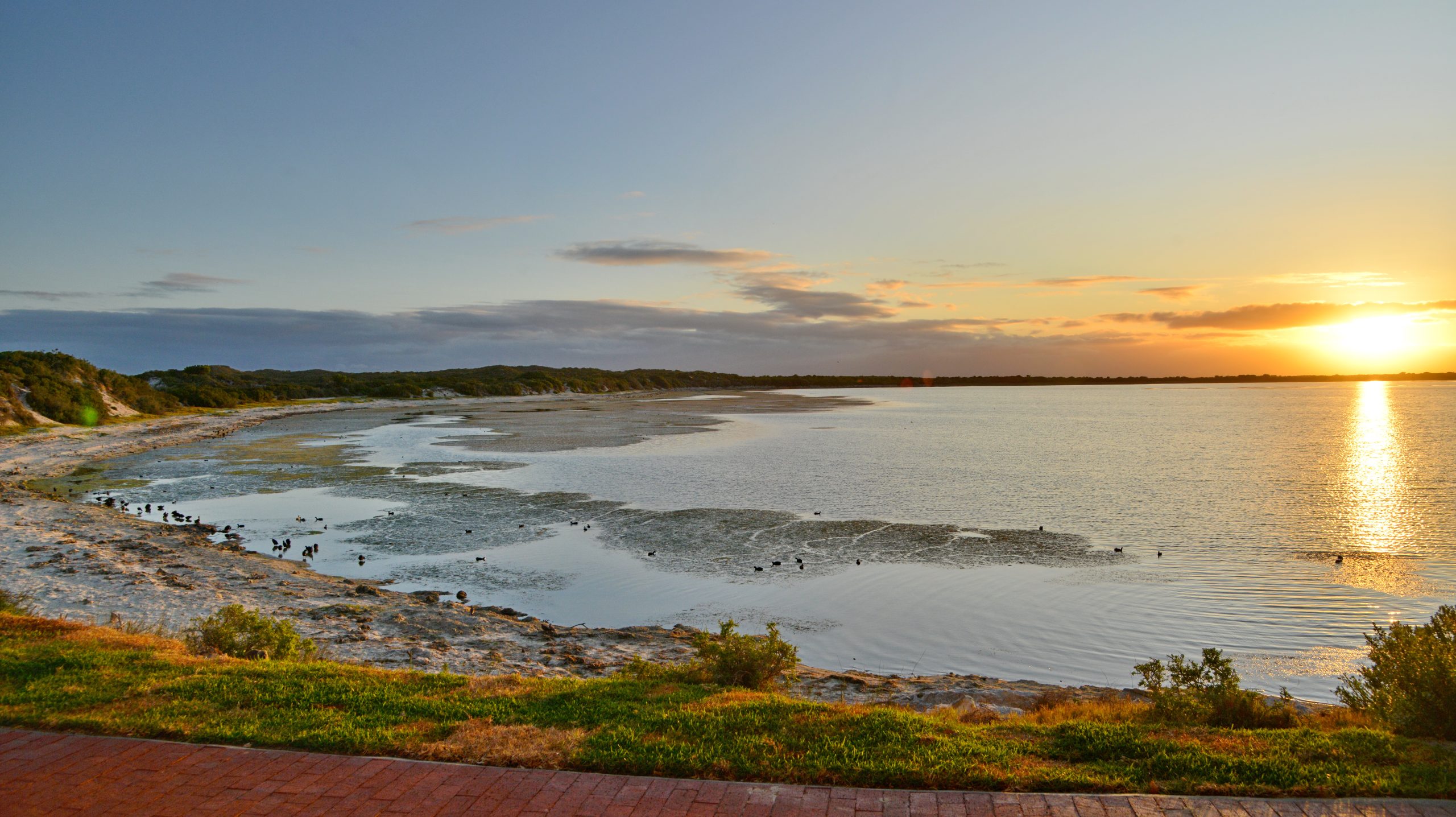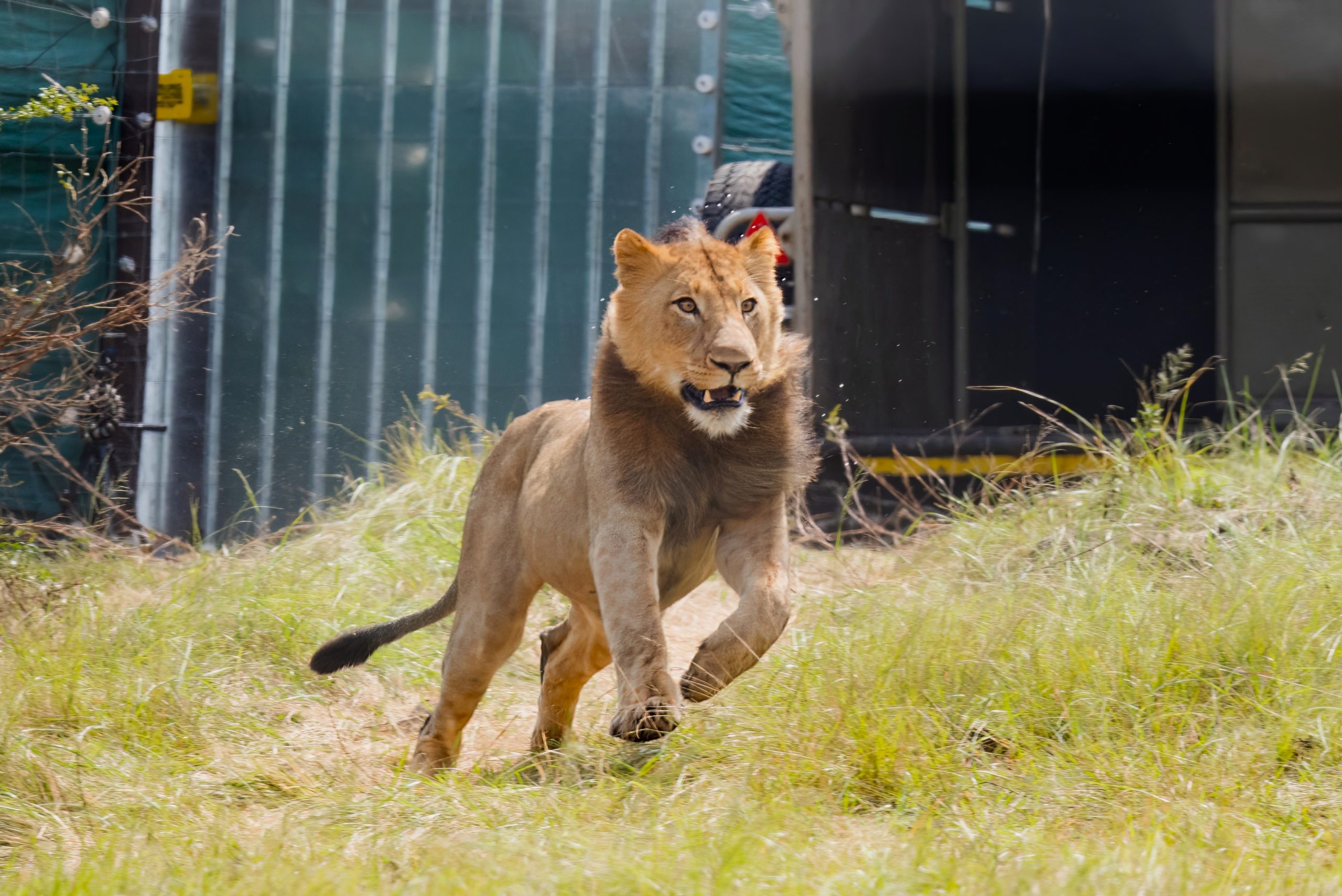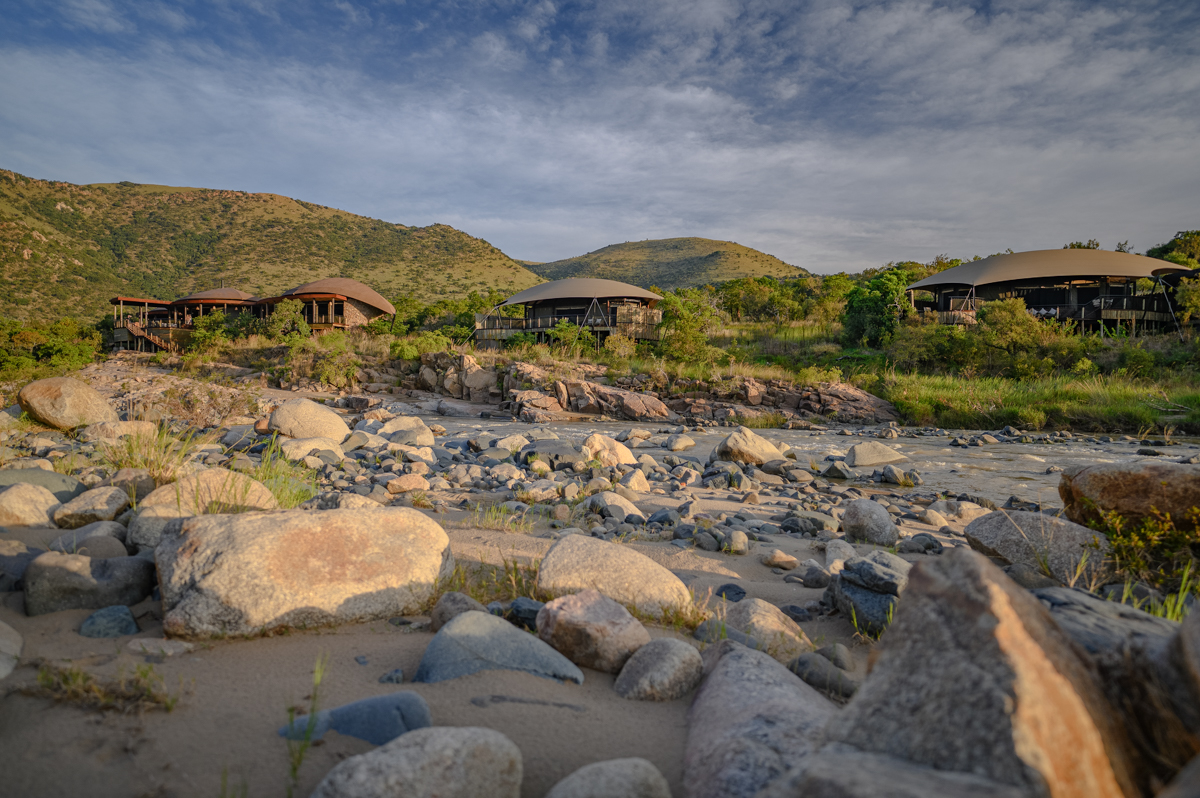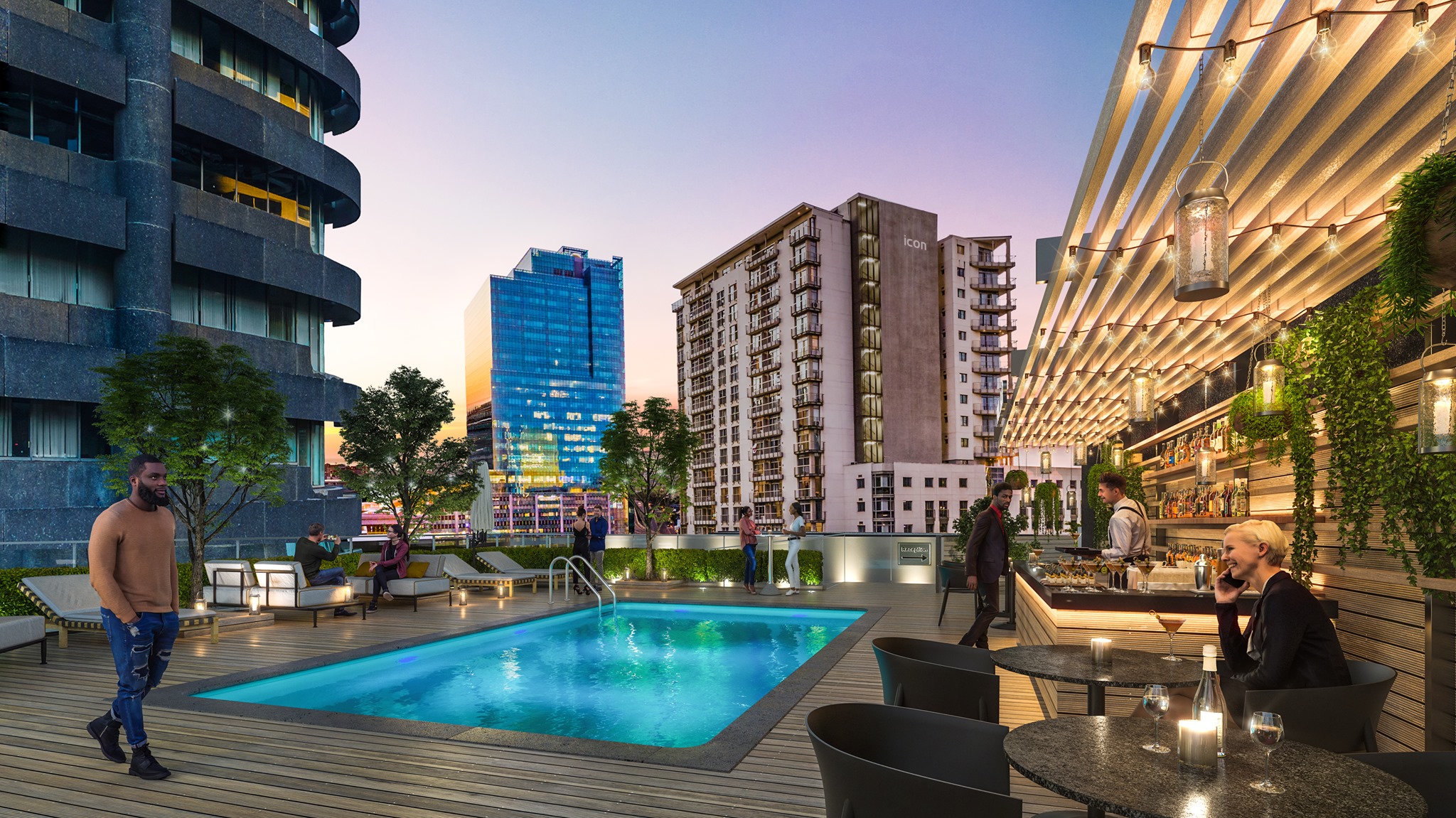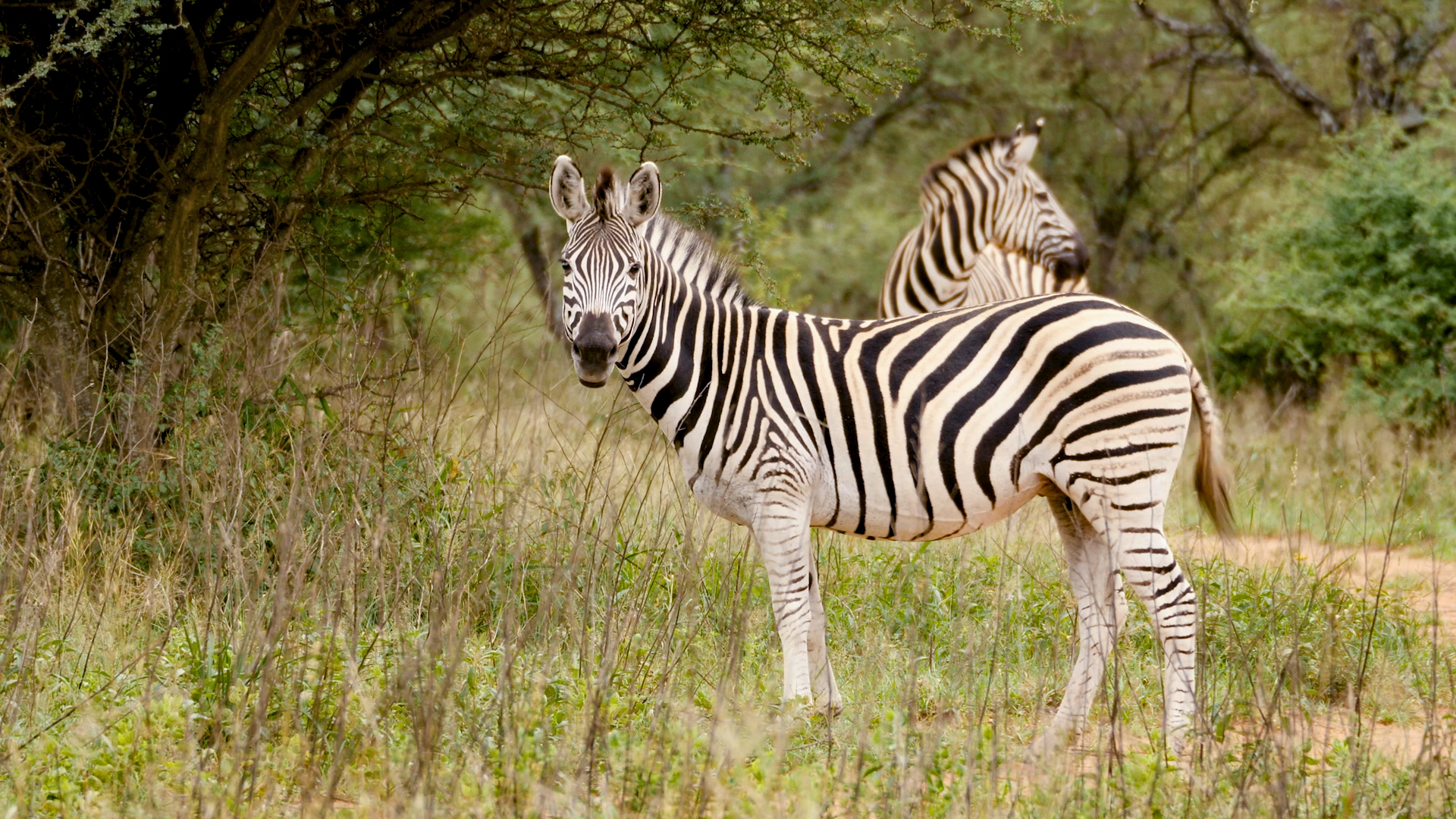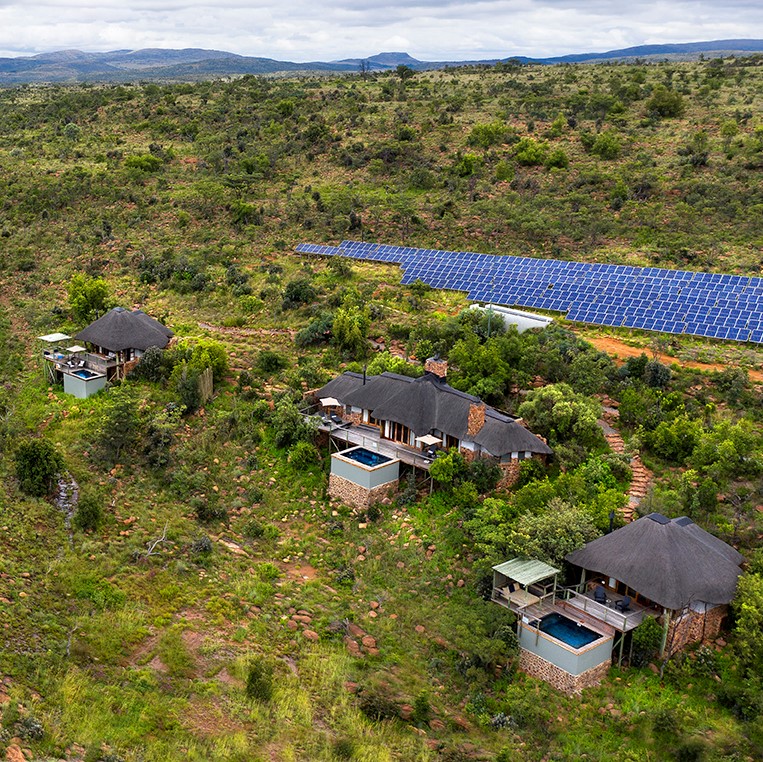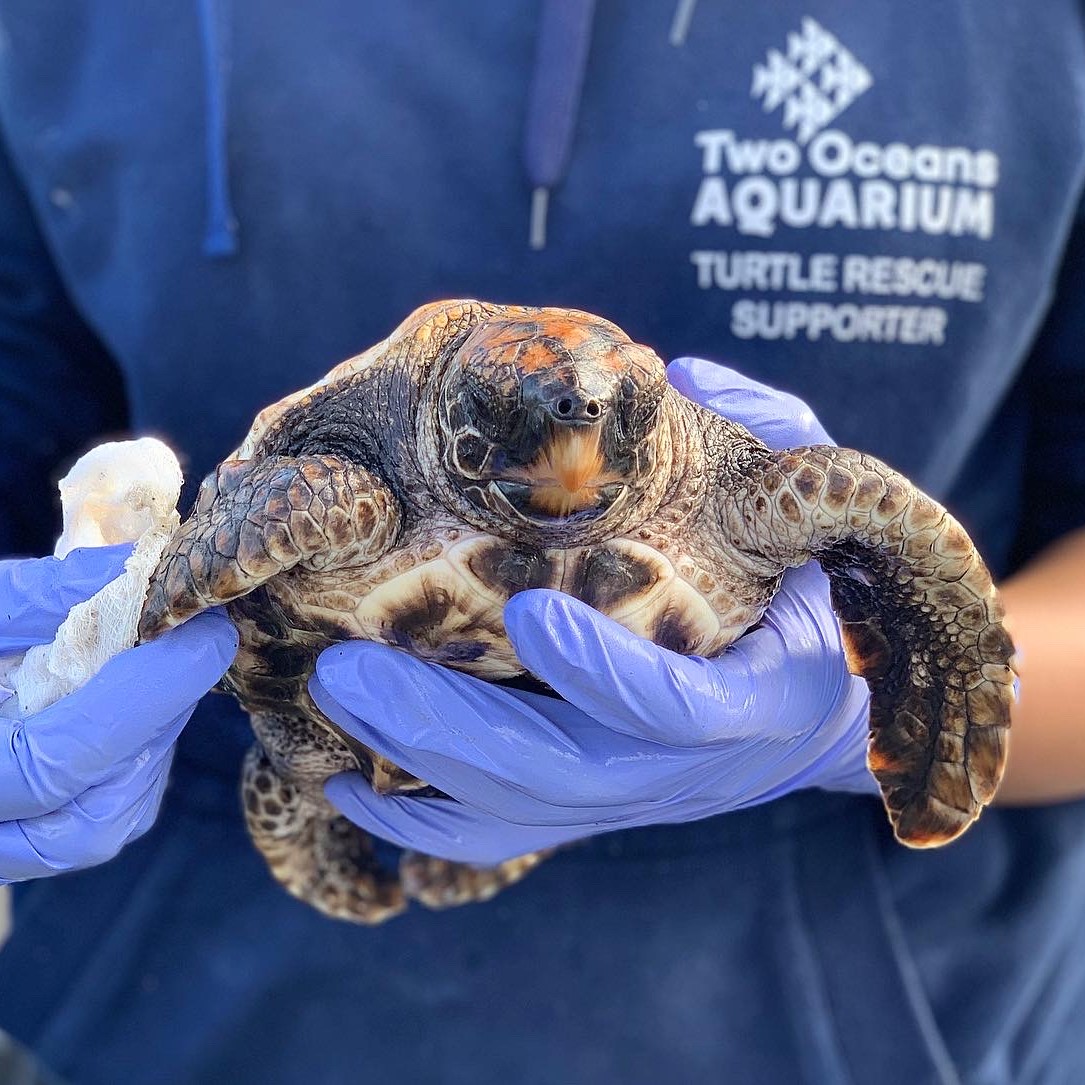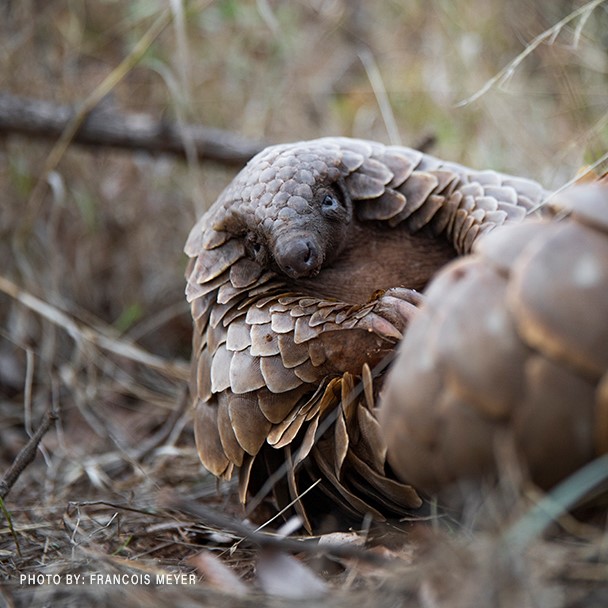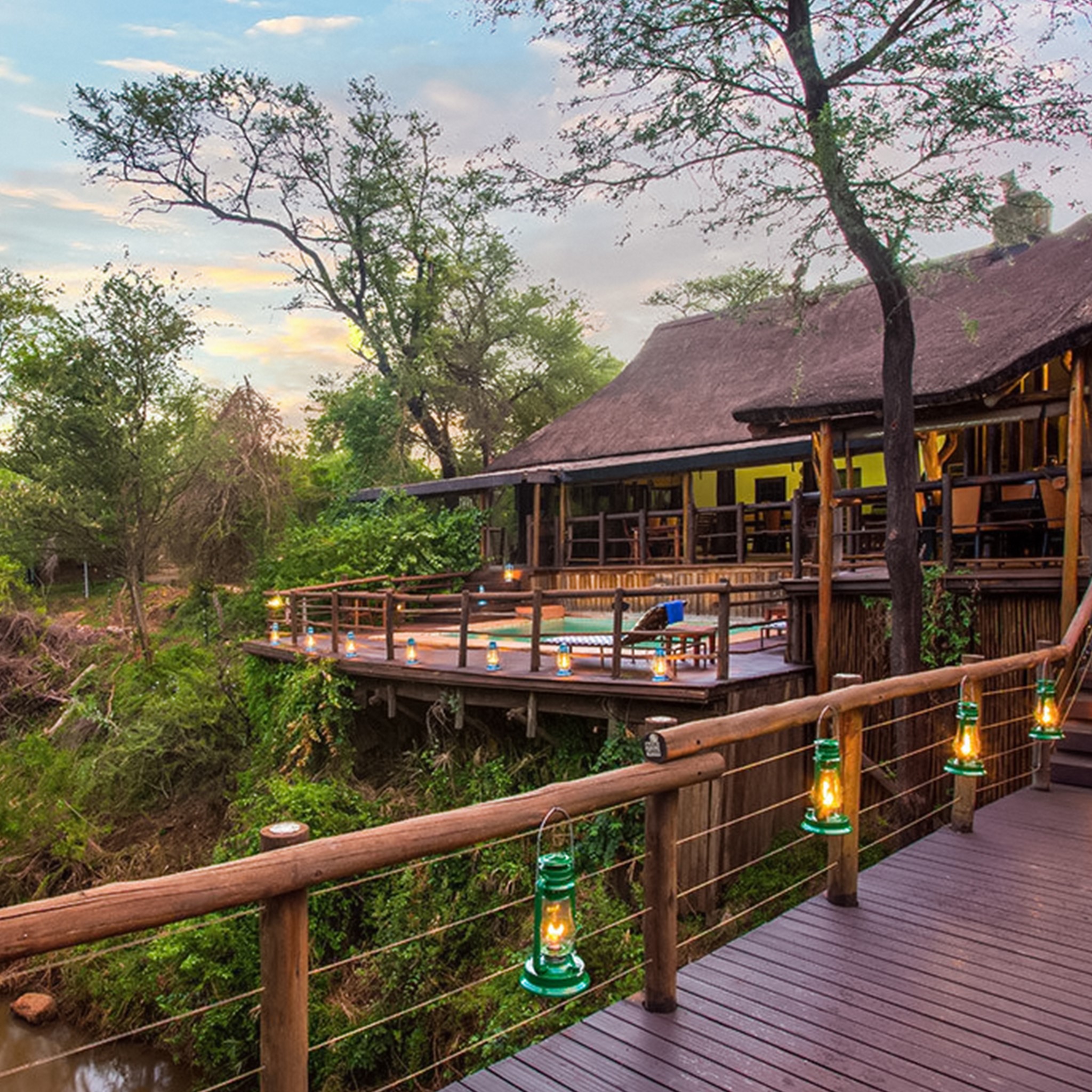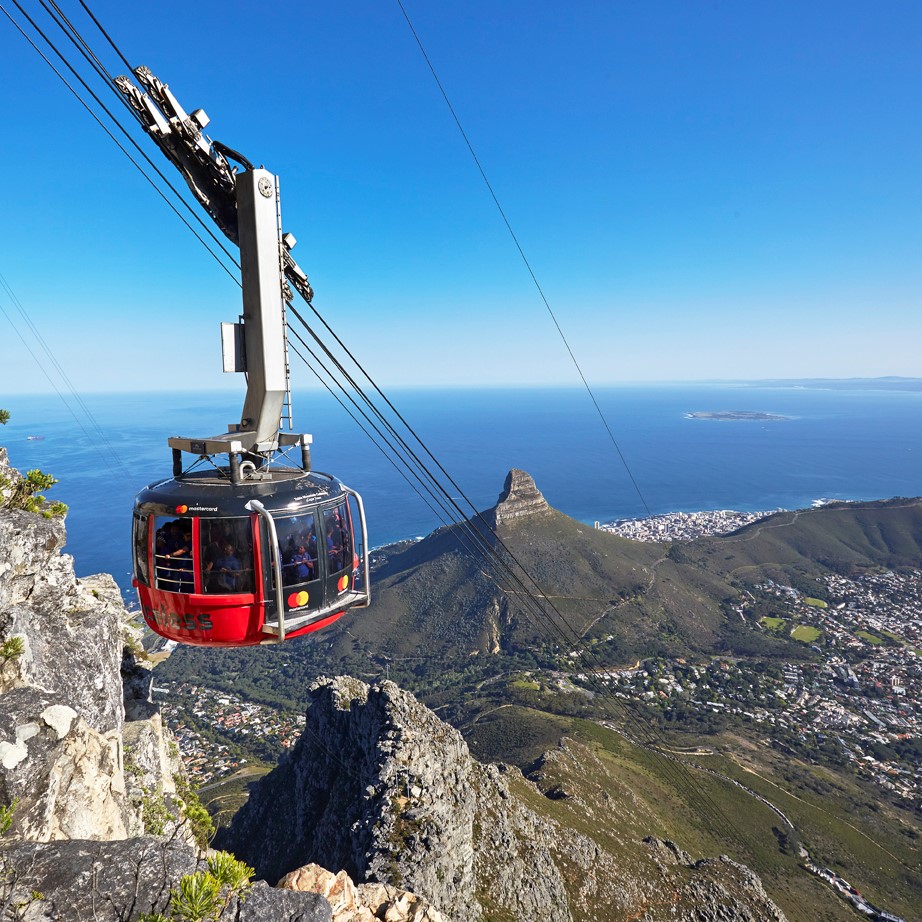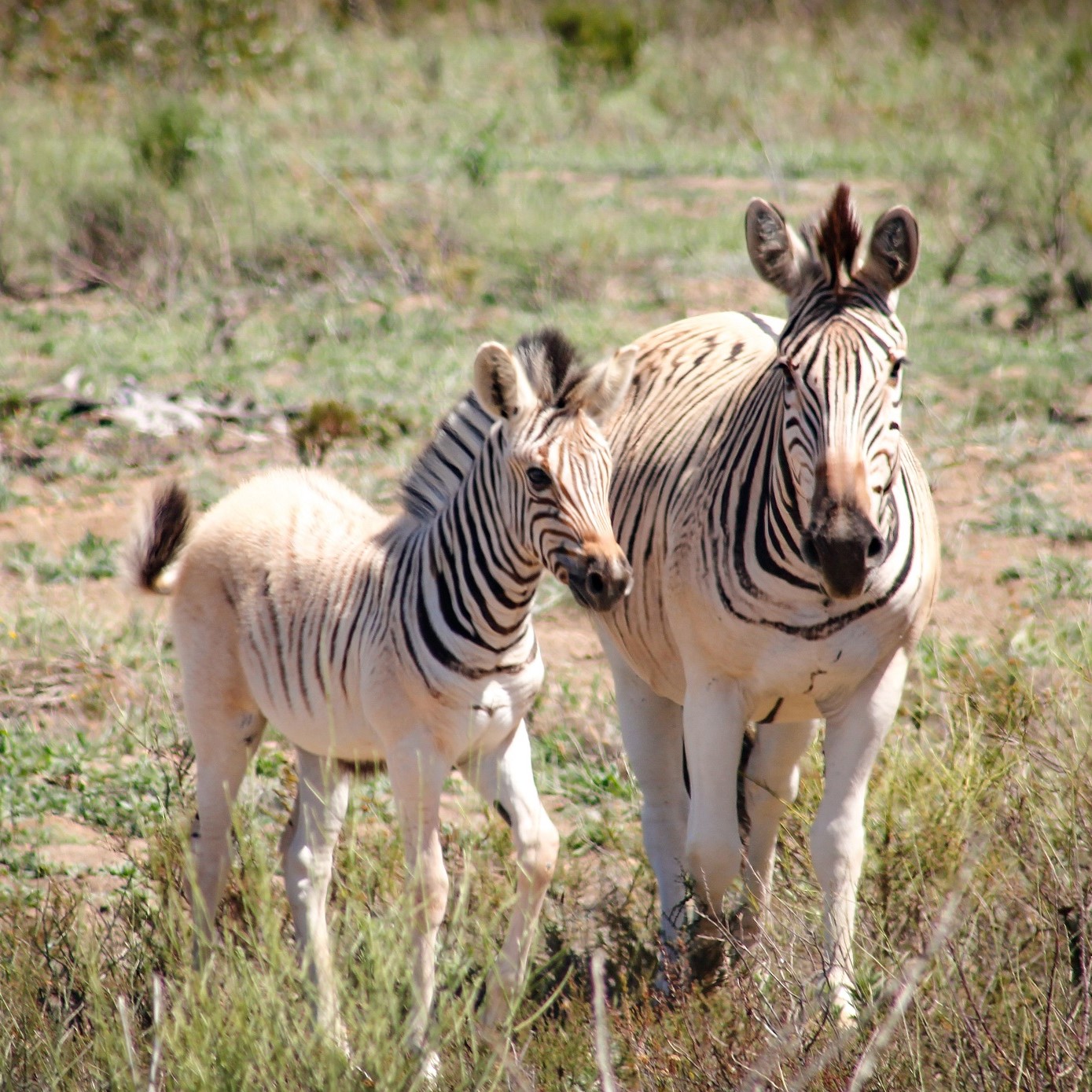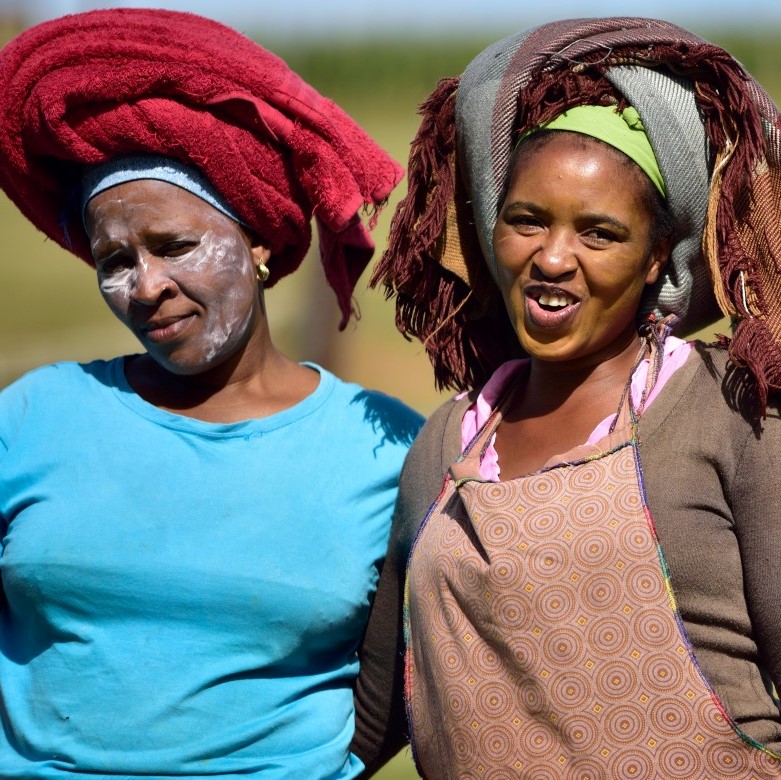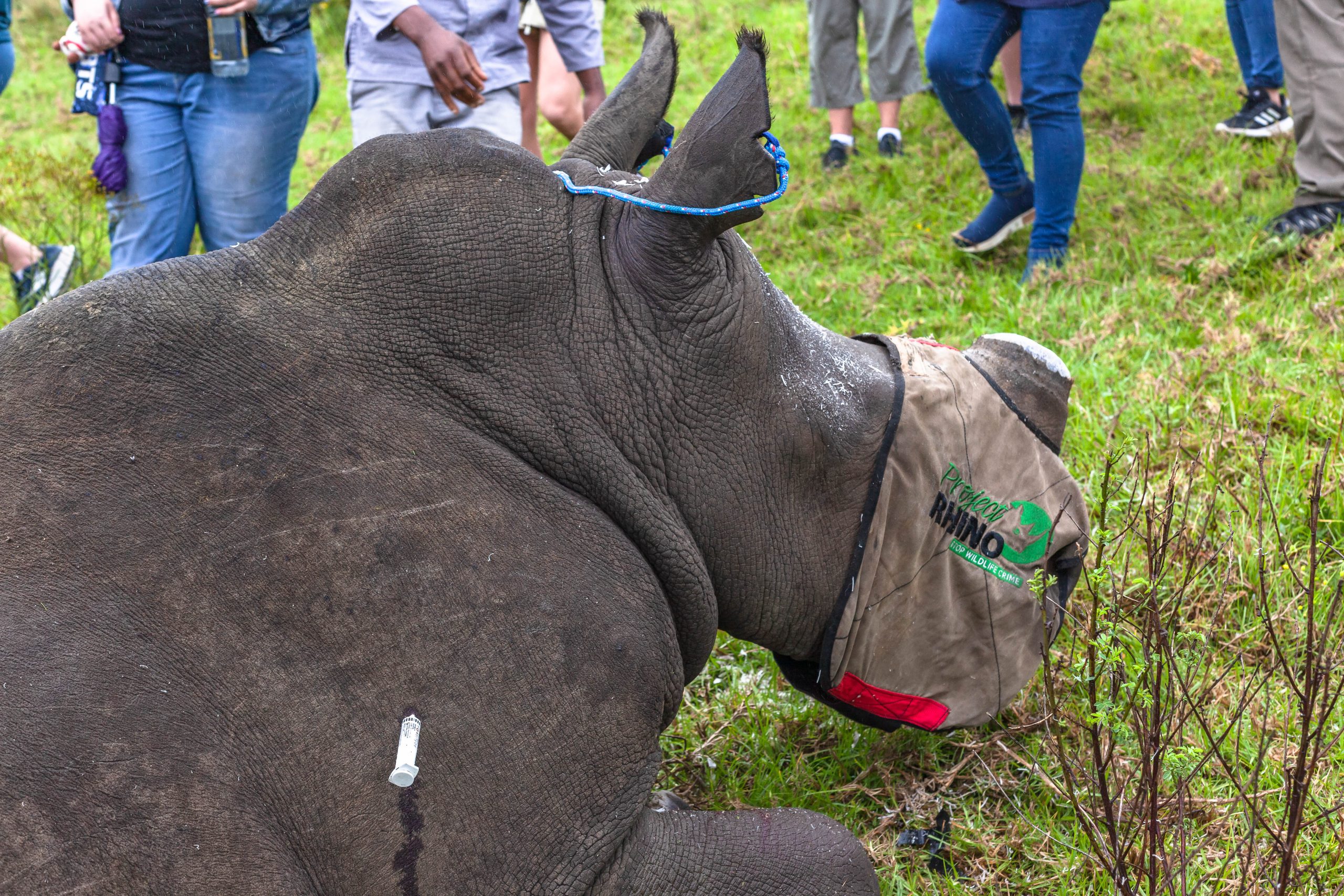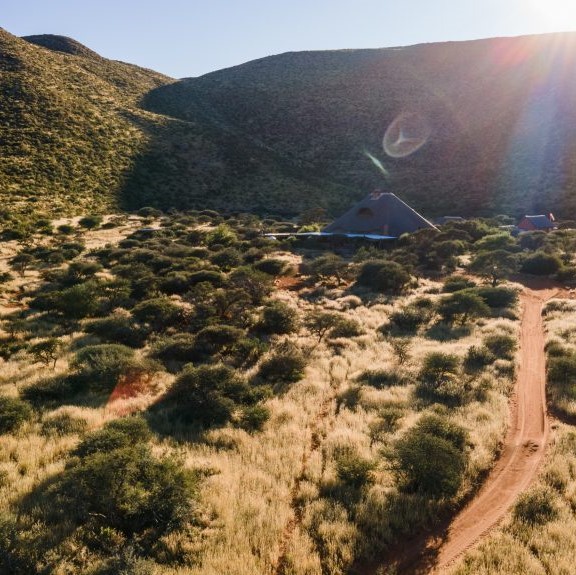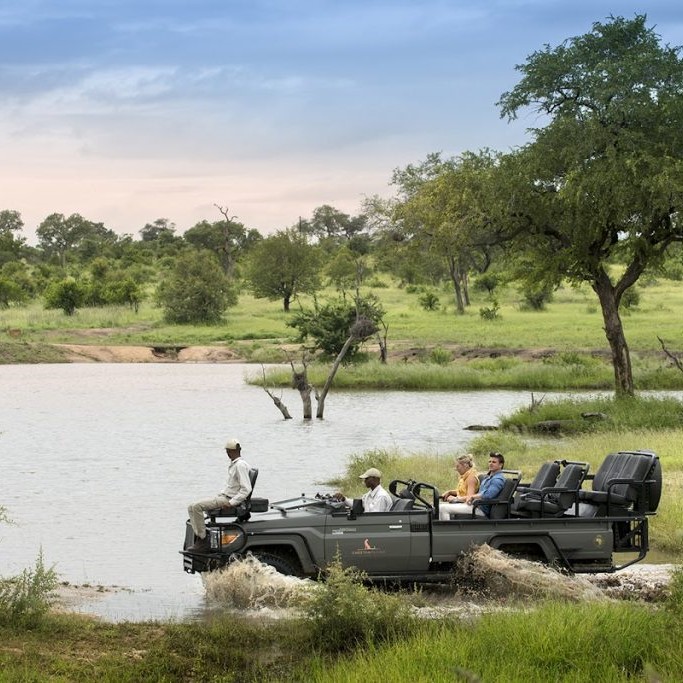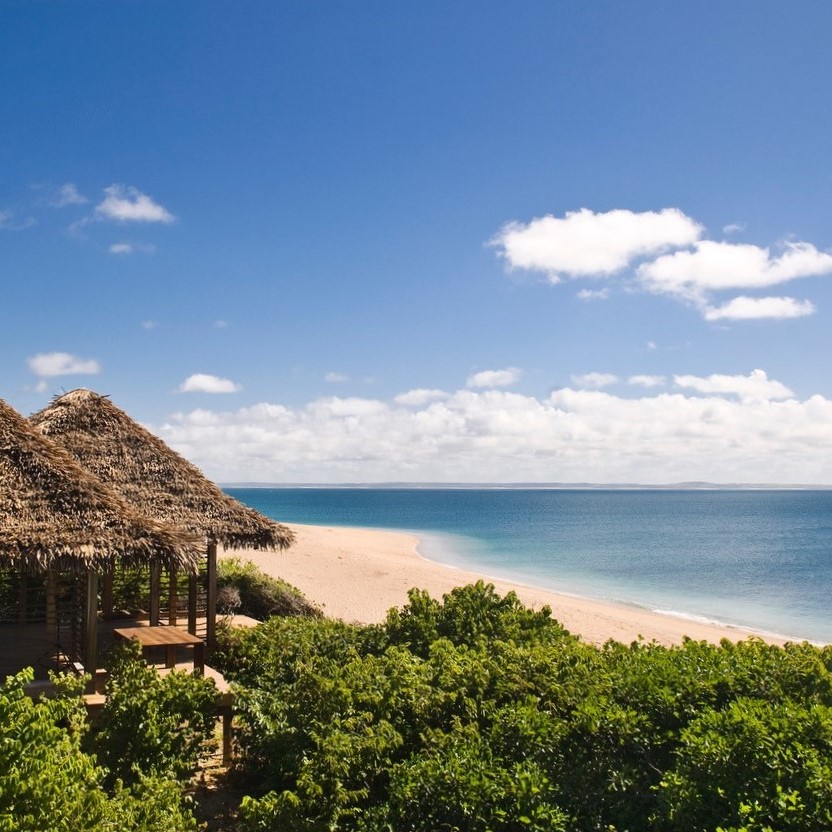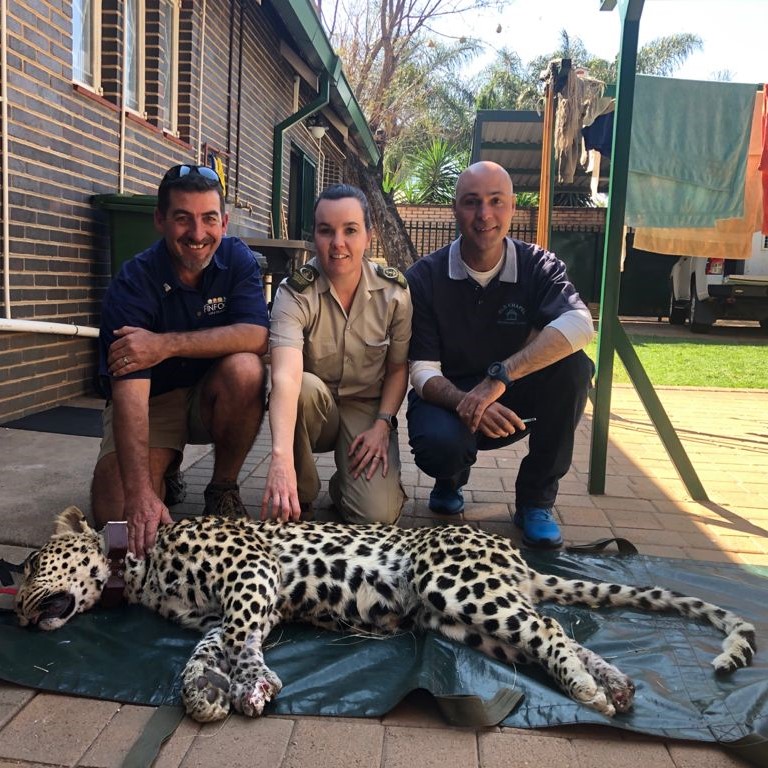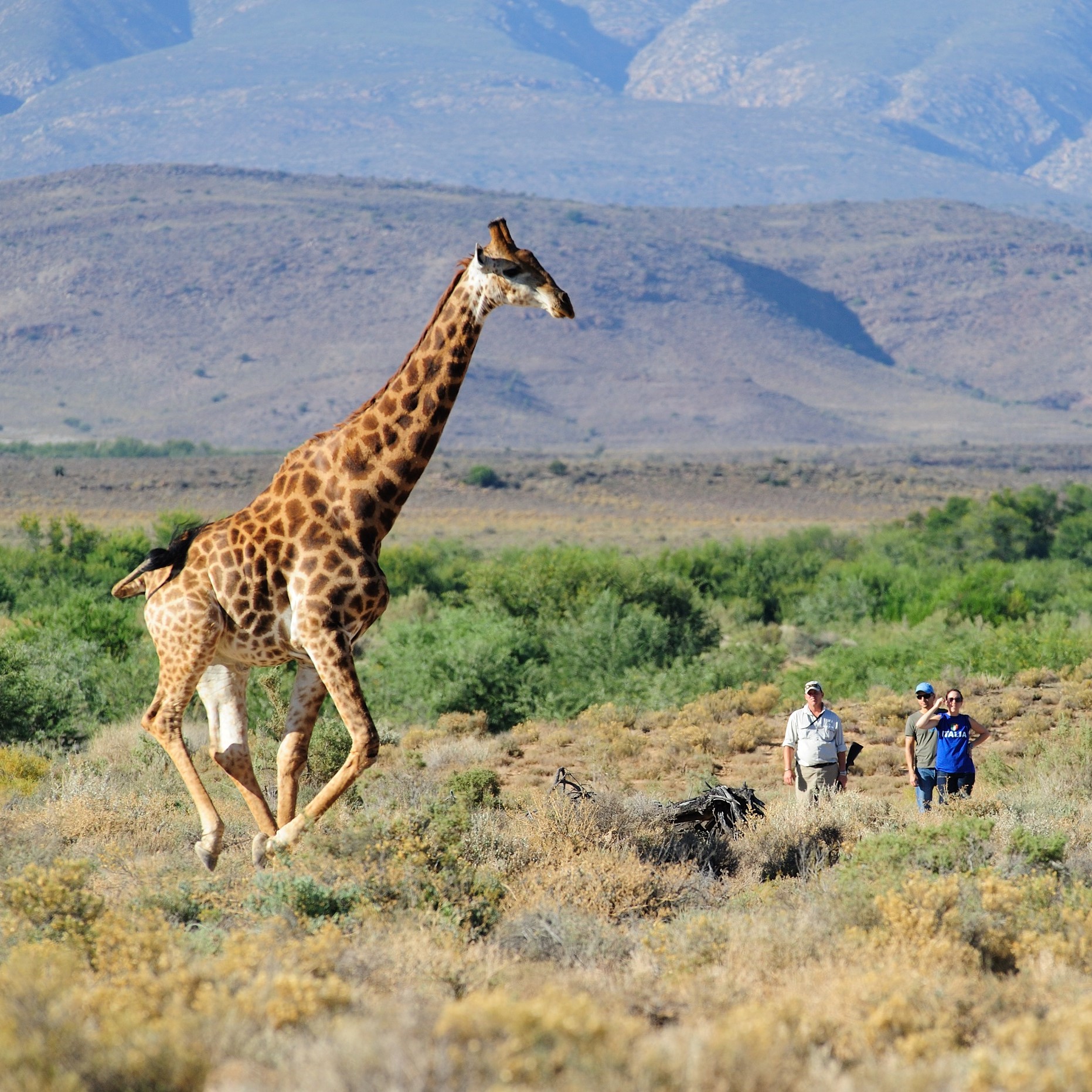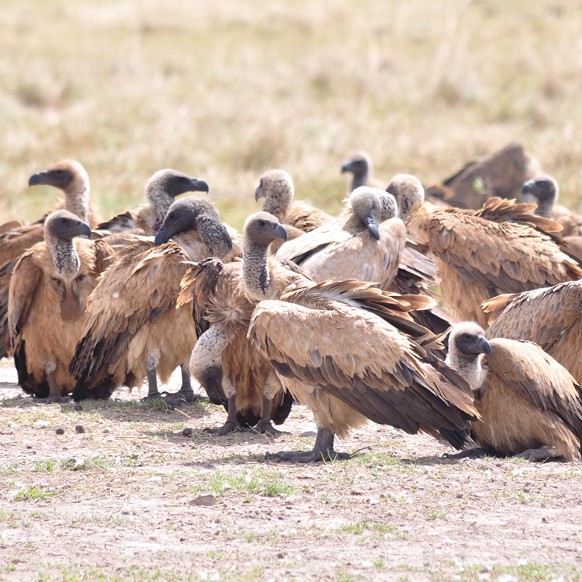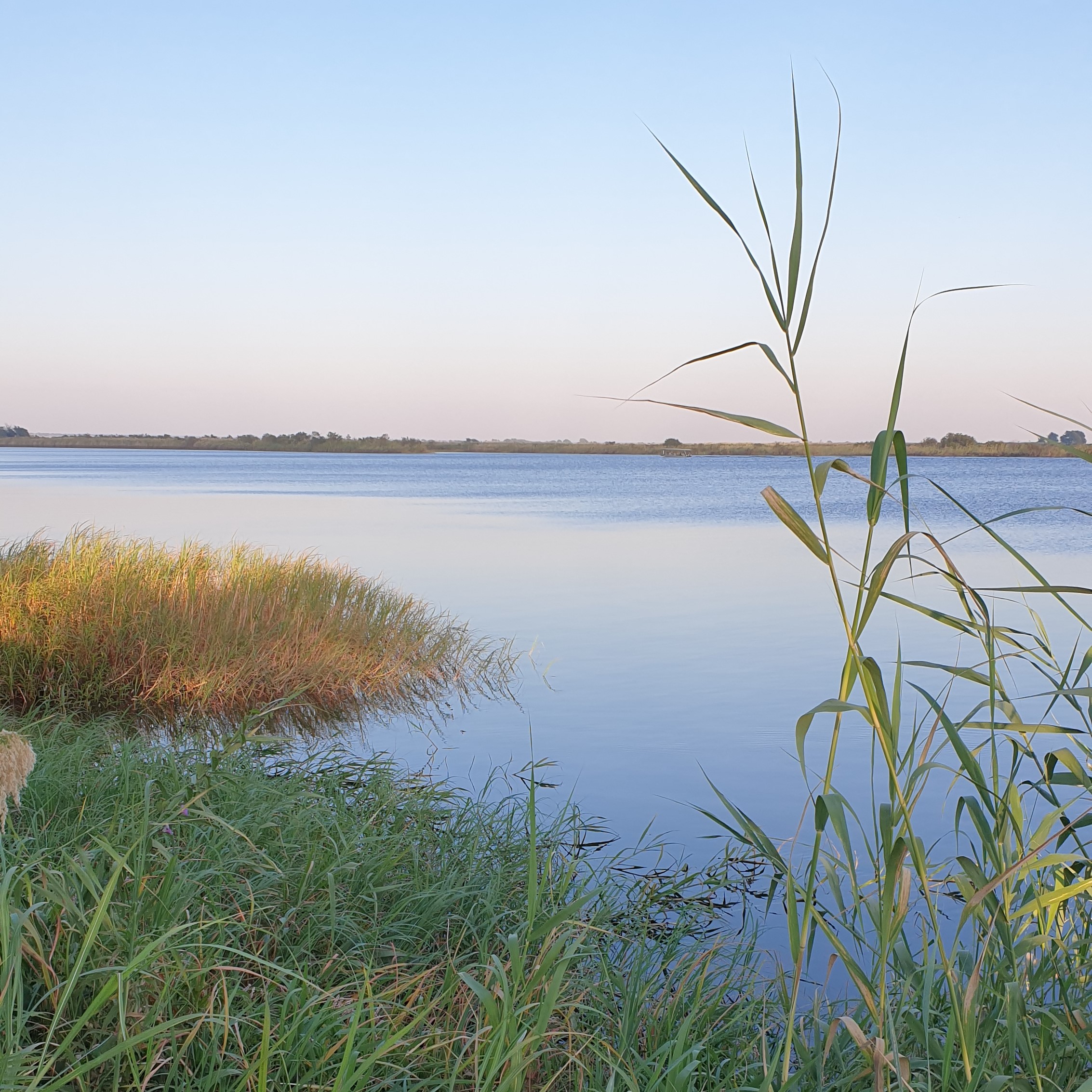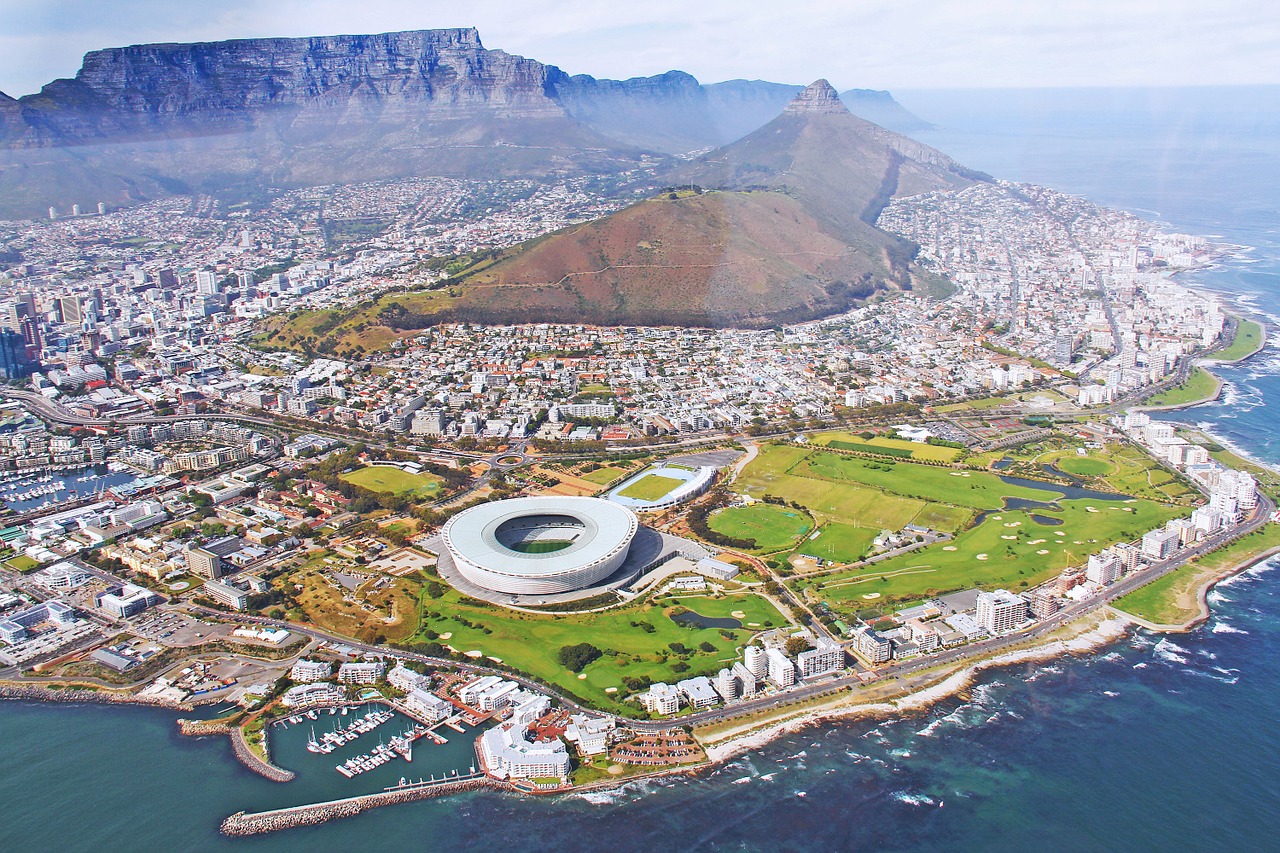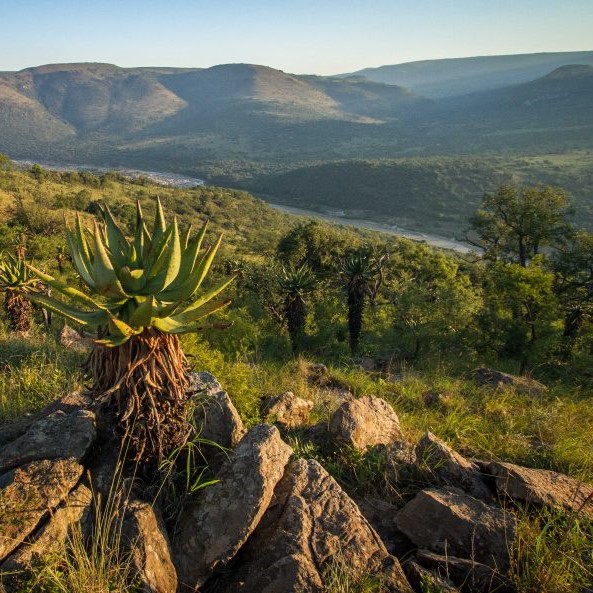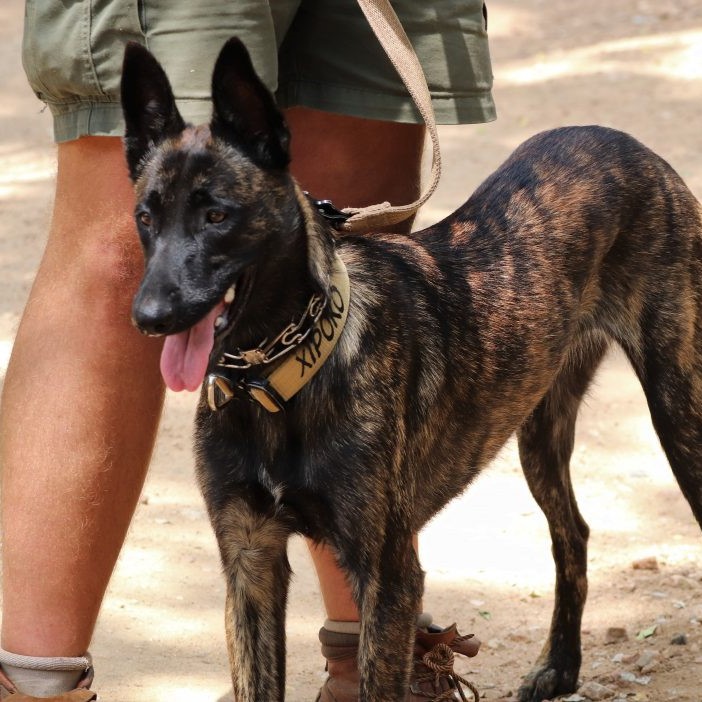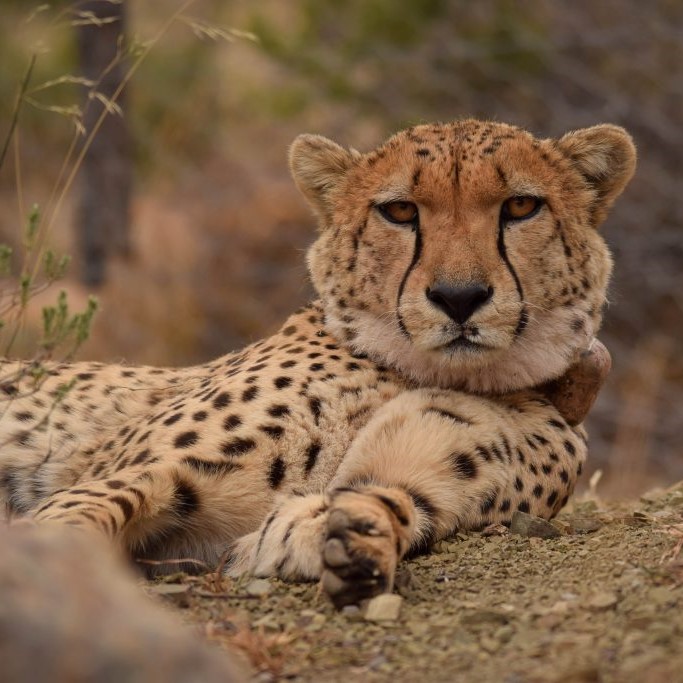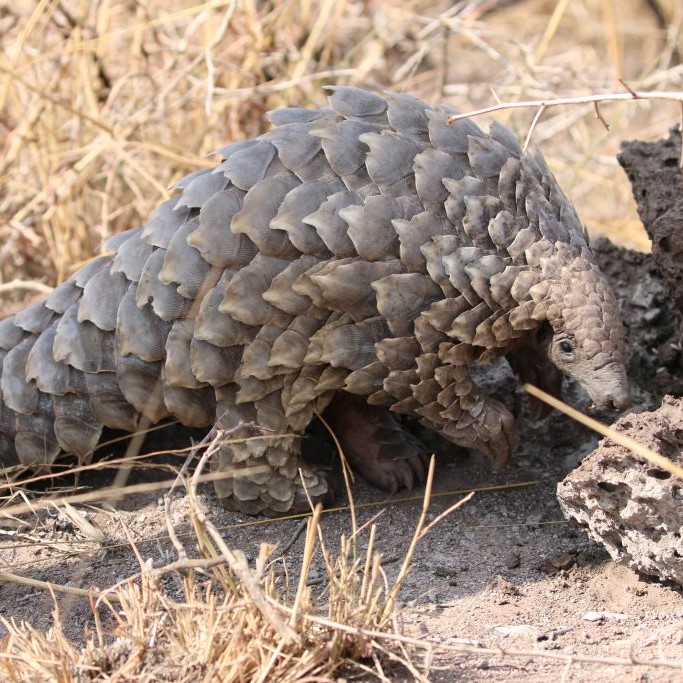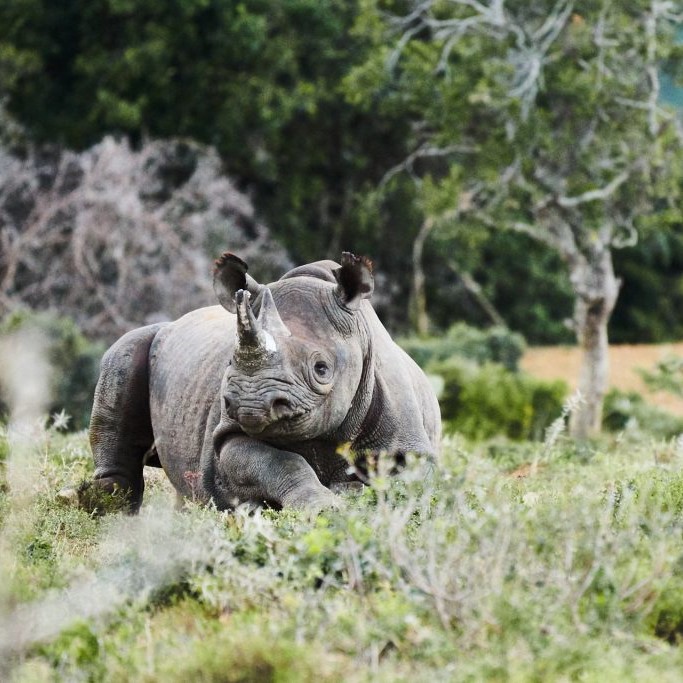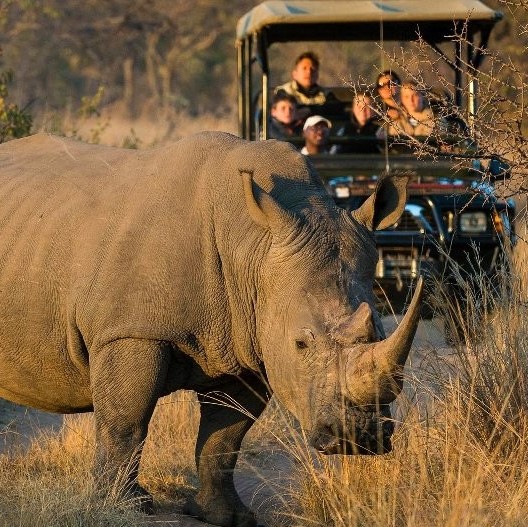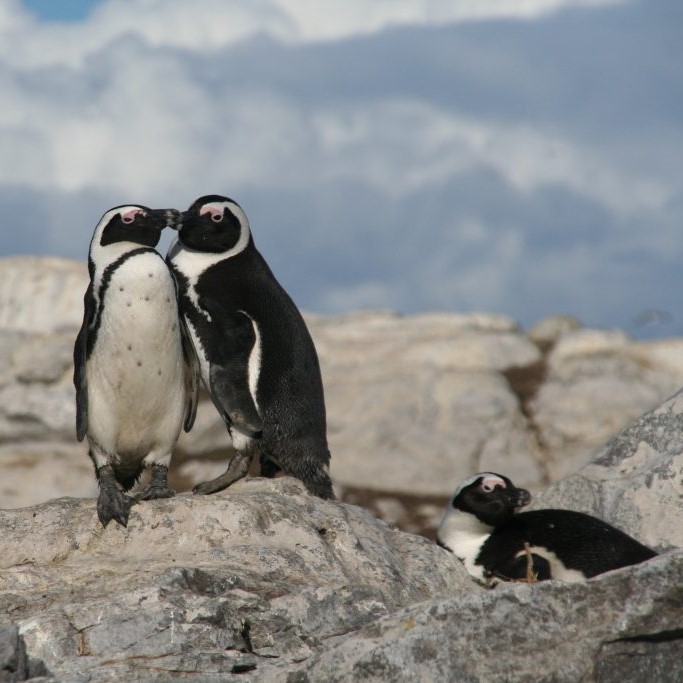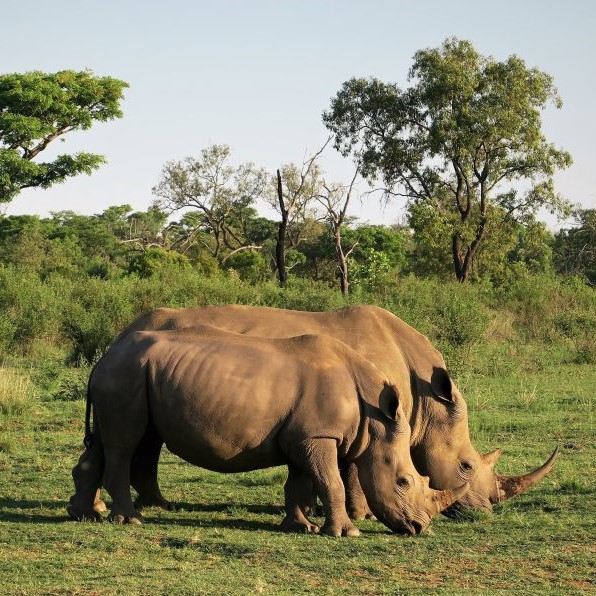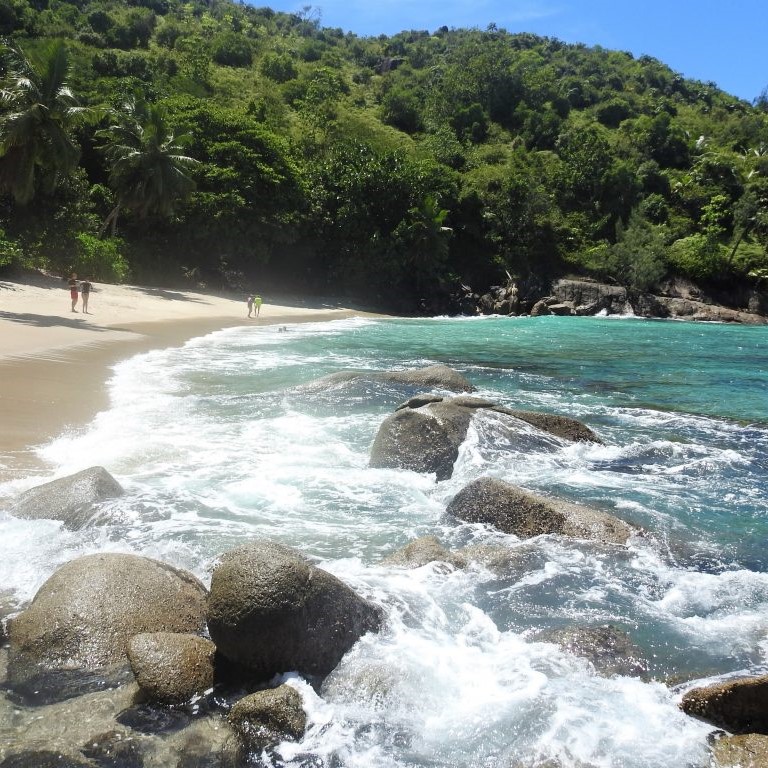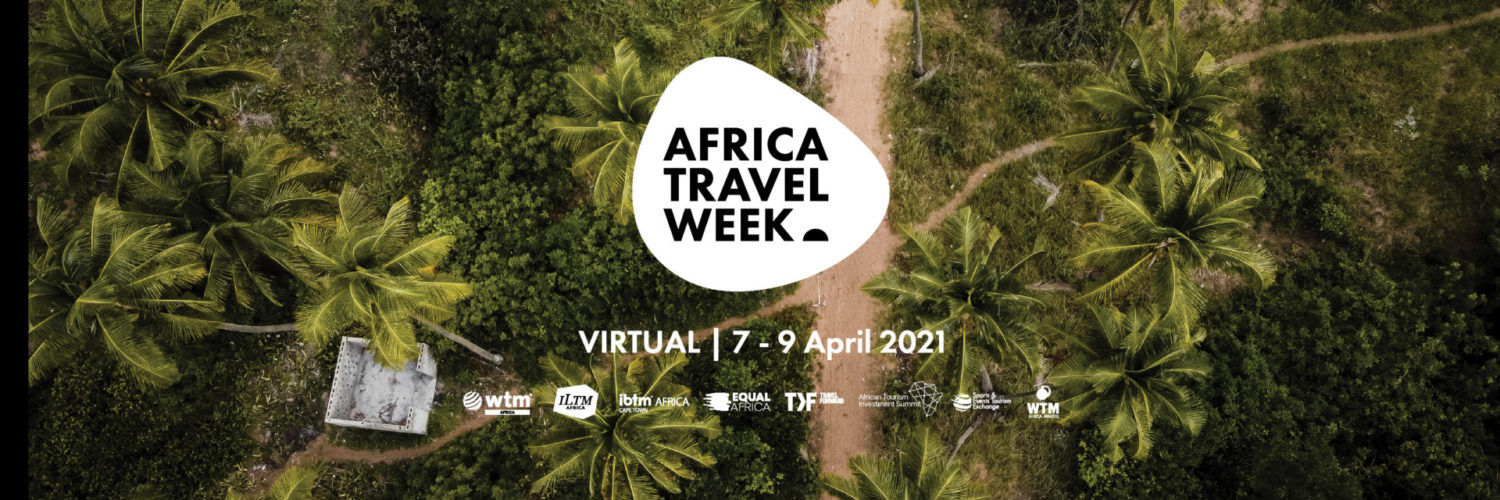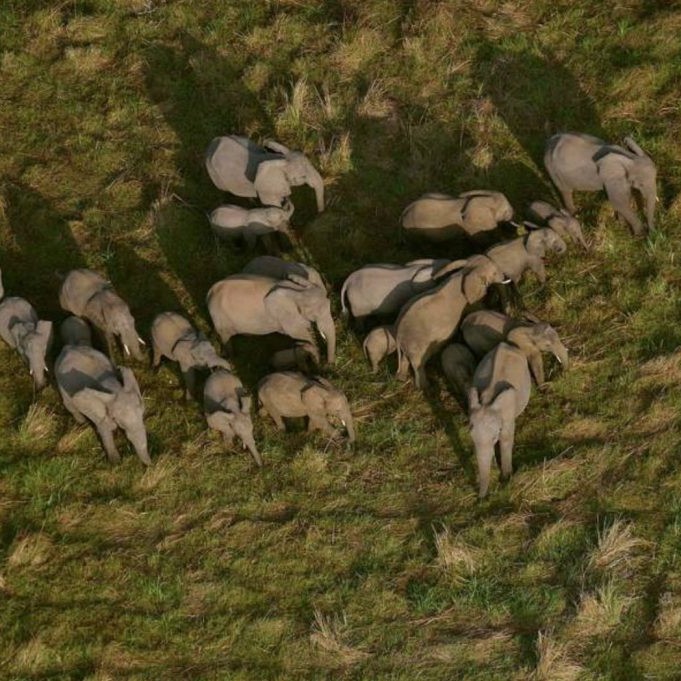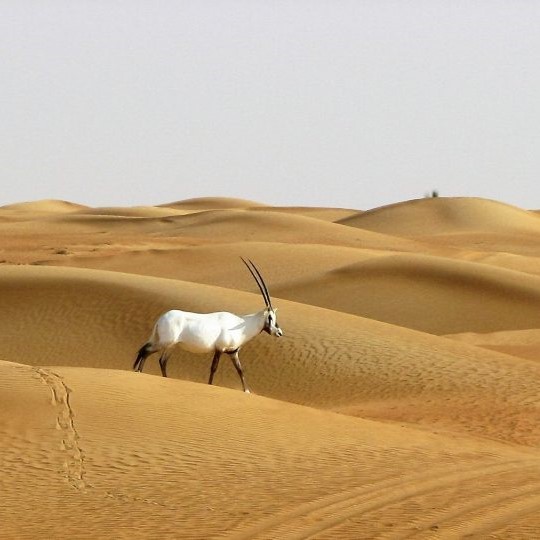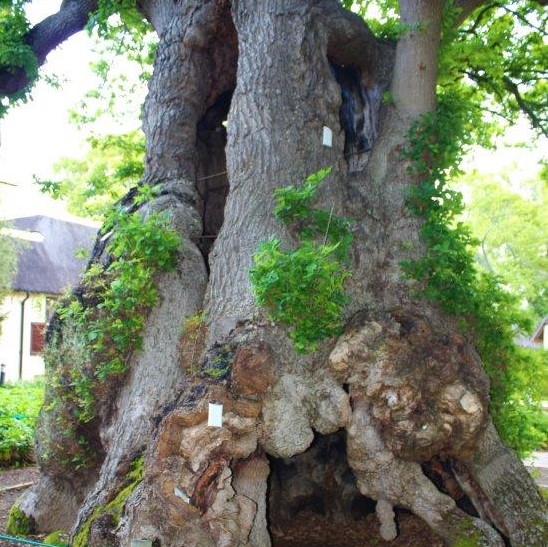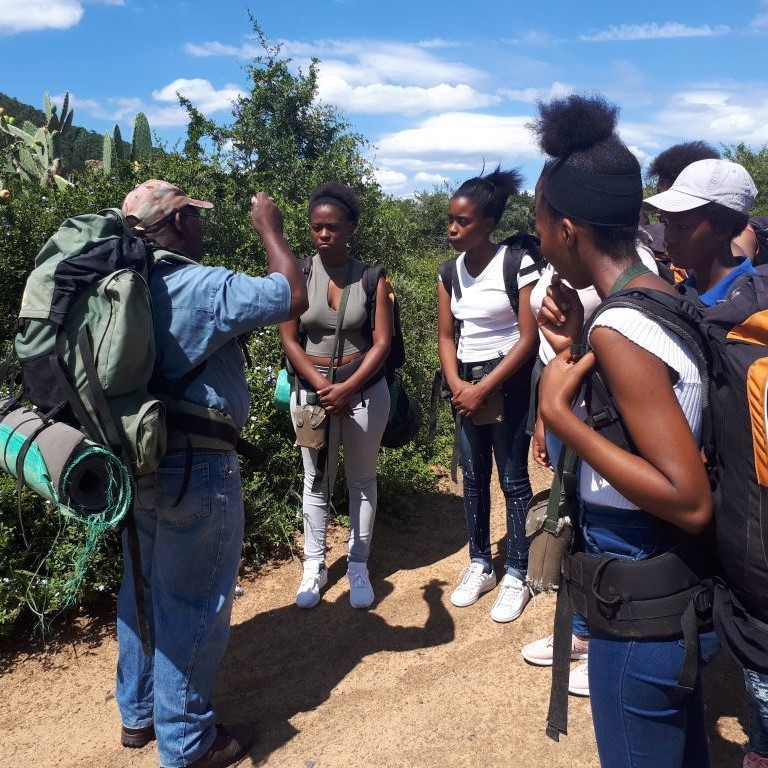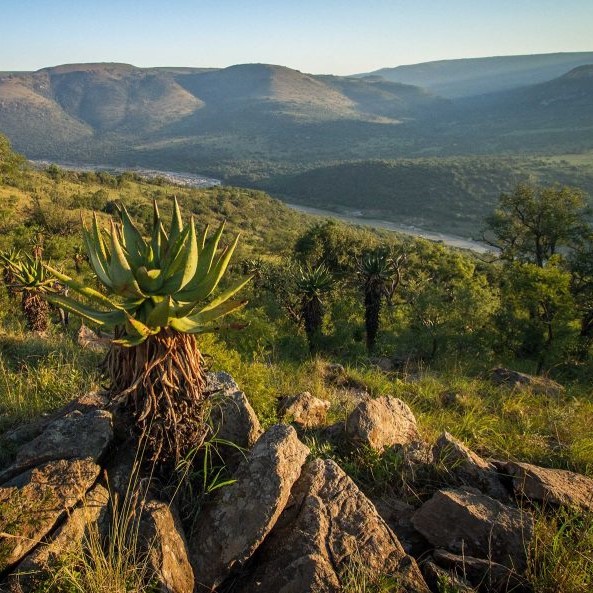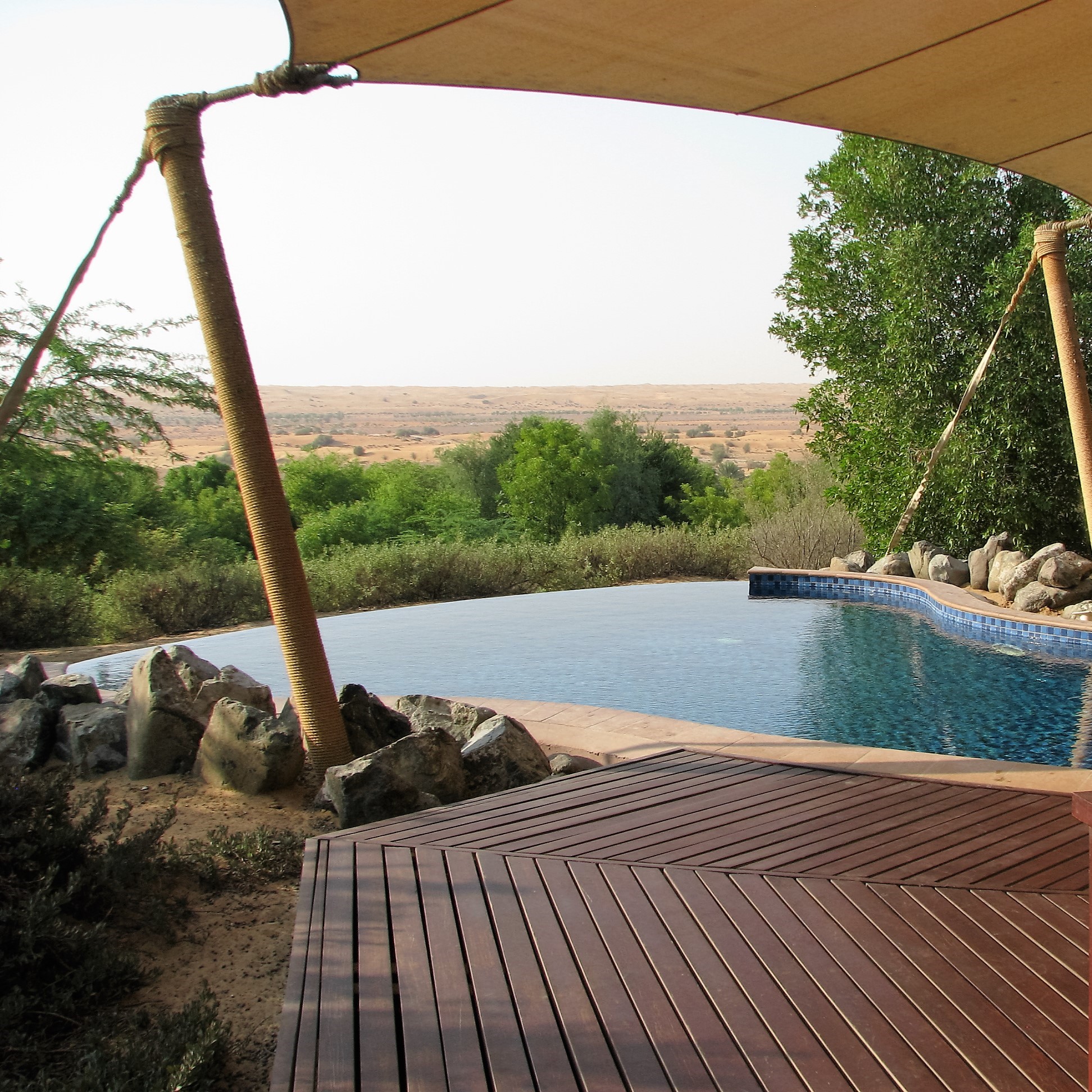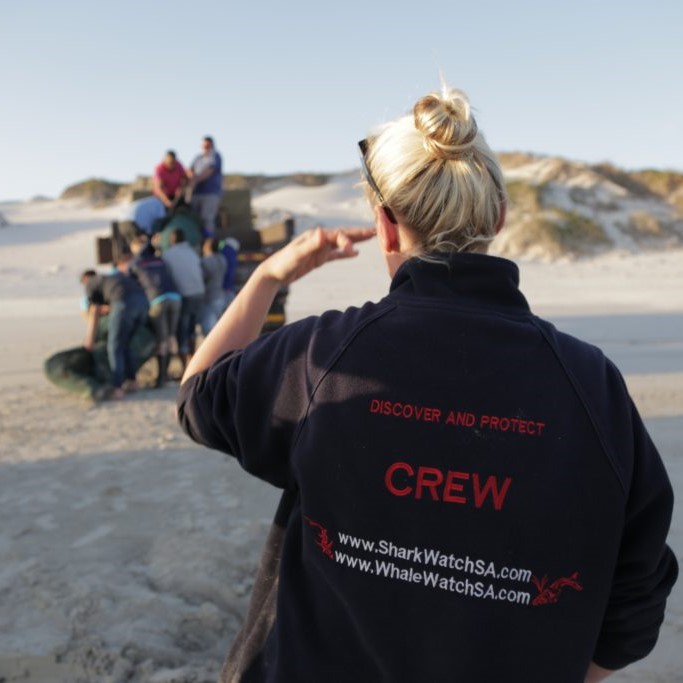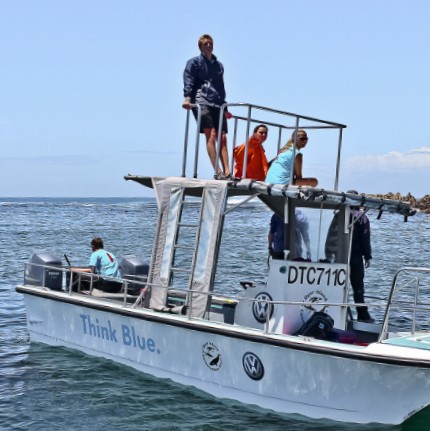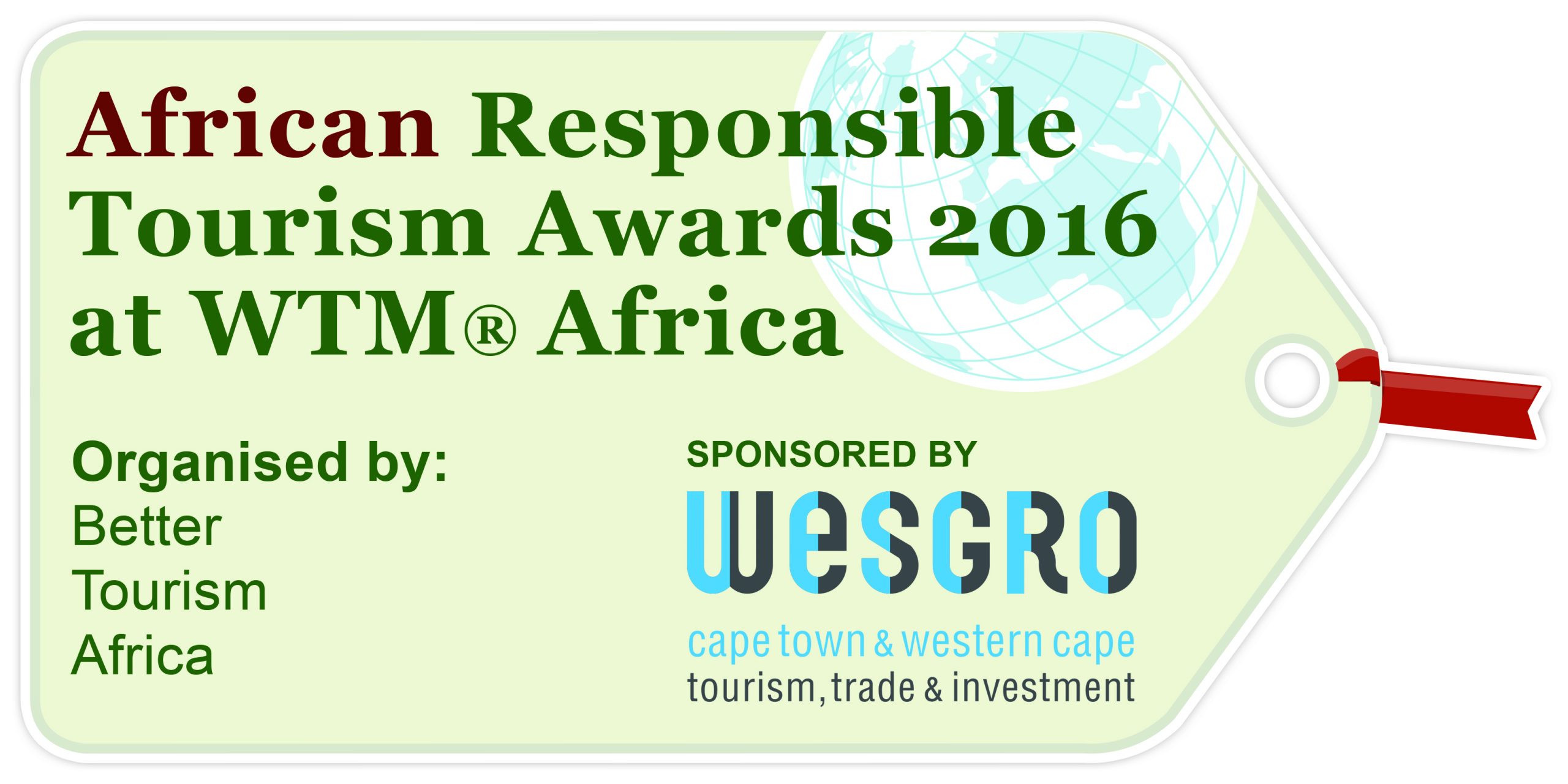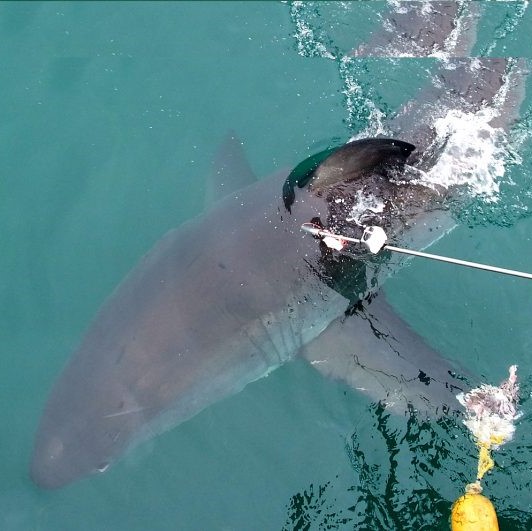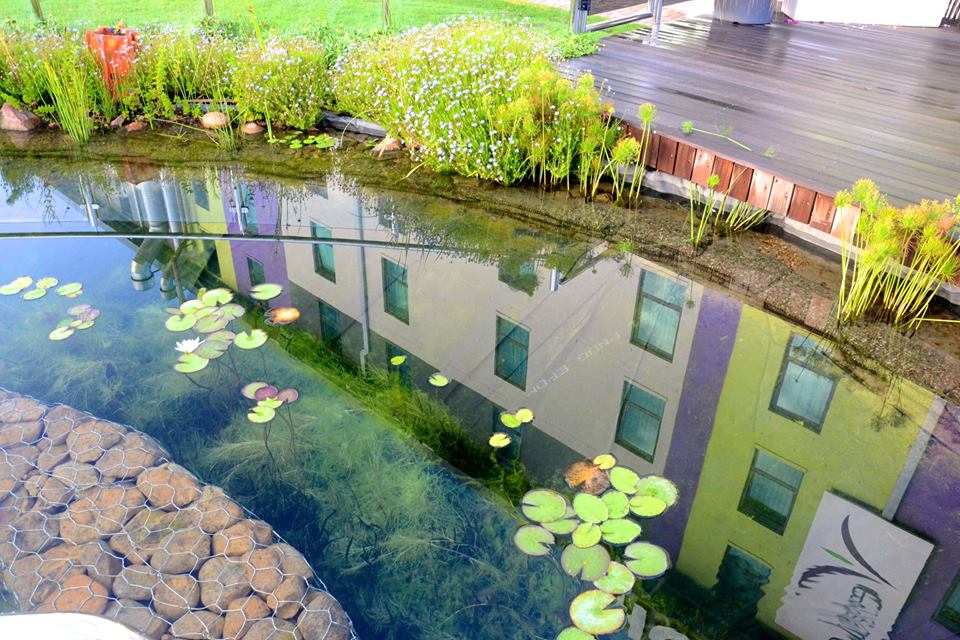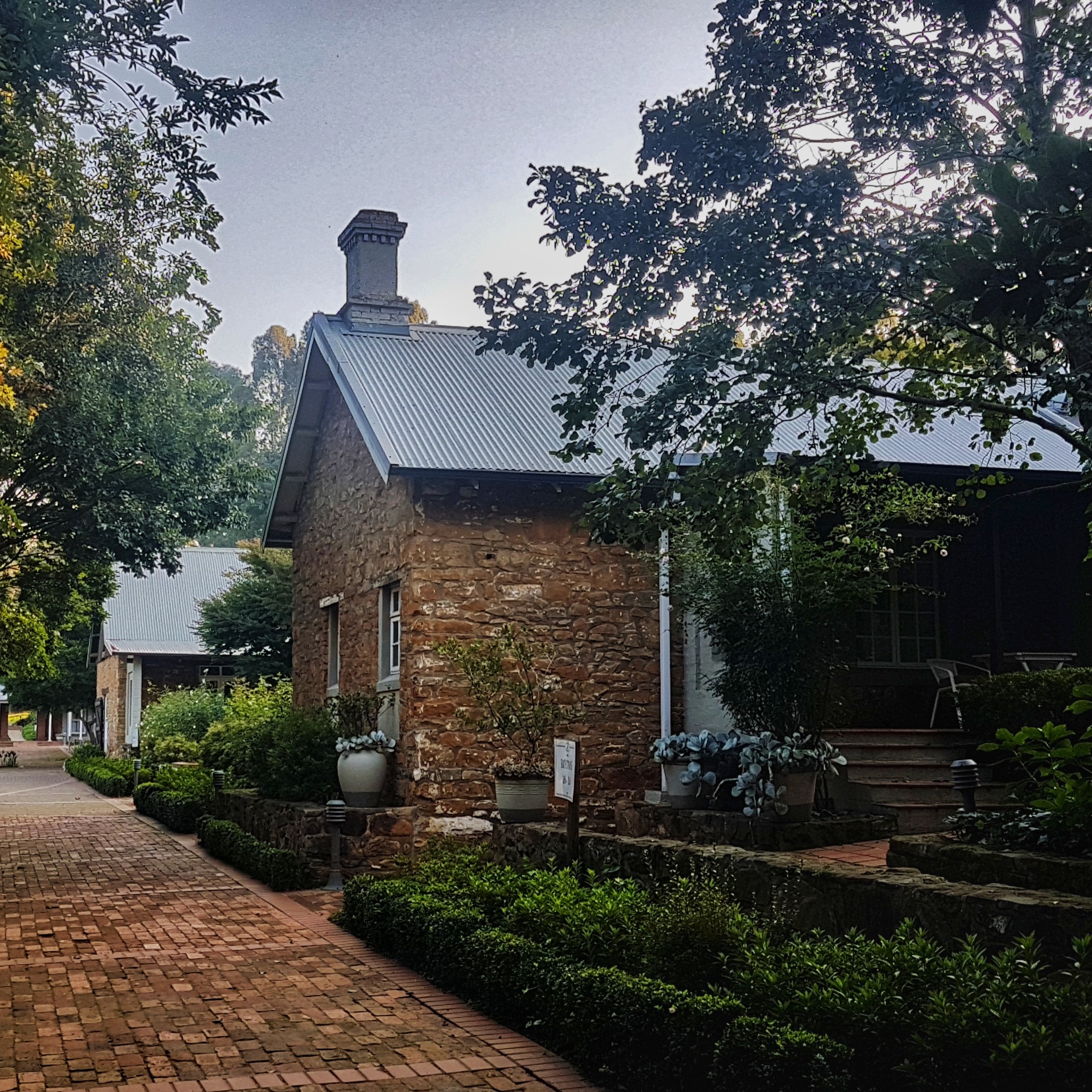Urgent, international action is needed to save the African Penguin from extinction – keeping the species alive for generations to come.
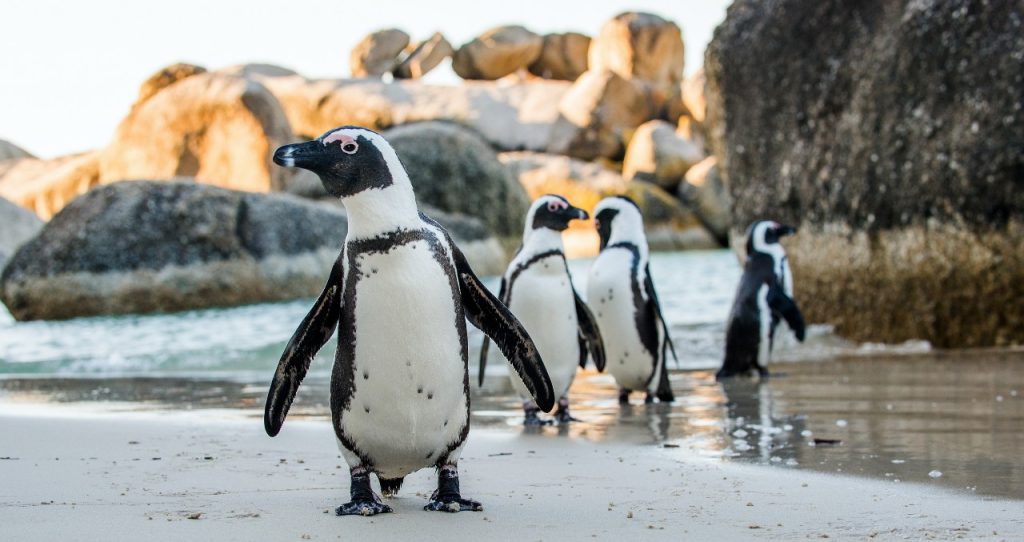
Small, sleek and with distinctive black-and-white plumage, the African Penguin on Boulders Beach [as well as other colonies] has for decades drawn tourists from all over the world. As the third most visited site in Cape Town, Boulders is a mainstay of many visitors’ itineraries, with trips to see the penguins a rite of passage for South Africans and tourists alike.
The penguins can be found waddling around residential streets, untroubled by the presence of locals and tourists. There are even street signs that warn of ‘penguins crossing,’ providing visitors and their families with joy, entertainment and insight into how this iconic bird lives in South Africa.
However, the species – known for its playfulness and social bonds – has already lost 97% of its population and could be extinct in the wild by 2035 if current trends persist. SANCCOB and BirdLife South Africa, with the support of ocean conservation charity Blue Marine, are urging the South African government and the international community to take immediate action to save the African Penguin before it’s lost forever.
Tourism and the local economy would suffer without penguin colonies
Faced with numerous threats, a primary cause of the African Penguin’s decline is a lack of available food due to competition from commercial purse-seine small pelagic fishing around its breeding colonies, which impacts the species’ survival and breeding success. And while there are existing no-take zones where fishing is prohibited to help restore fish populations that penguins feed on, primarily sardines and anchovies, new research by leading ornithologists finds that these zones are inadequate for penguin conservation.
The flightless bird is now at the threshold of being classified as ‘critically endangered’ on the IUCN Red List and breeding pairs have fallen below 10,000 for the first time in history.
Meanwhile, Boulders Beach and the African Penguins that live there, contribute a significant R311 million [£13 million] a year to the local economy. Every year, over 60,000 visitors flock to Simon’s Town to photograph and watch these famous penguins. If steps are not taken urgently to protect their food source, there will be severe consequences for the species, South Africa’s marine biodiversity and marine ecosystems, tourism and the economy.
Landmark litigation underway
SANCCOB and BirdLife South Africa have united to take legal action to enforce greater protection of the species. Launched by the Biodiversity Law Centre earlier this year, the two non-profit organisations instituted against the office of the South African Minister of Forestry, Fisheries and the Environment, to challenge the Minister’s “biologically meaningless” island closures to purse-seine fishing around key African Penguin colonies.
The legal action seeks to substitute the existing commercial fishery no-take zones with alternative zones that are better aligned to the African Penguins’ important feeding areas, while minimising the impacts on the purse-seine fishing industry. Whilst varying in extent, these zones would be effective around six major penguin colonies, to reduce competition and allow fish stocks to be replenished for penguin consumption.
International action is needed, now
South African free diver and social activist Zandi Ndhlovu, who featured on the BBC’s 100 Women 2023 list, has today launched an initiative to highlight the fragile plight of the African Penguins, encouraging those keen to support the birds to sign the OnlyOne petition created by ocean conservationists SANCCOB, BirdLife South Africa and Blue Marine.
Zandi Ndhlovu, free diver and ocean explorer, has narrated a new campaign video to raise awareness of the alarming decline of the African Penguin. She said “When diving in the ocean around Cape Town’s stunning Boulders Beach, the sight of penguins is always so beautiful and uplifting. To think of them being deprived of food, through the actions of humans, is heartbreaking. I urge the international community to sign our petition today to create a catalyst for immediate action – the South African government needs to take action now before Africa’s only penguin is lost forever.”
Nicky Stander, Head of Conservation, SANCCOB said “The African Penguin is in a dire situation, and we cannot afford to wait any longer to protect the species properly. In just over a decade, they could no longer exist, which not only has an impact on our marine ecosystem but also on South Africa’s economy and ecotourism. These animals are beloved and quintessential to South Africa and governments, organisations, and individuals must come together to save them at all costs. Sign our petition now.”
Alistair McInnes, Seabird Conservation Programme Manager, BirdLife South Africa points out that “The main issue is their food supply and other threats at sea, which people don’t see, when people visit colonies at Stony Point or Boulders, they see the birds in large groups and don’t understand the level of threat or what’s affecting the penguin populations.”
Dave Hurwitz, Owner, Simon’s Town Boat Company adds “Penguins can’t fly but over 60,000 foreign visitors per annum do flock to Cape Town in order to see these charismatic little birds. This not only supports their conservation but provides much needed employment for the local communities. On land they are the ultimate posers, waddling about in their tuxedos and honking in more ways than one! But besides their cuteness, they are the “canaries in the coal mine” of False Bay, where their health mirrors that of the bay.”
Clare Brook, CEO, Blue Marine said “It would be a tragedy if we lost these wonderful iconic birds. And all because of greedy, thoughtless overfishing.”
Did you know?
- The African Penguin colony on Boulders Beach is a mainstay of tourists’ itineraries to Cape Town, with both adults and children enjoying the creatures waddling and playing in their natural habitat. Boulders Beach is the third most visited tourist attraction in Cape Town after the Waterfront and Table Mountain, and it contributes R311m [£13m] a year to the local economy.
- The species have already lost 97% of their population and could be extinct in the wild by 2035 if current trends persist.
- The Southern African Foundation for the Conservation of Coastal Birds [SANCCOB] and BirdLife South Africa have initiated landmark litigation against the South African government, the Minister of Forestry, Fisheries and the Environment and his Department to enforce greater protection of this endangered species.
- Sign the OnlyOne petition to help save the African Penguin here.

